News Search
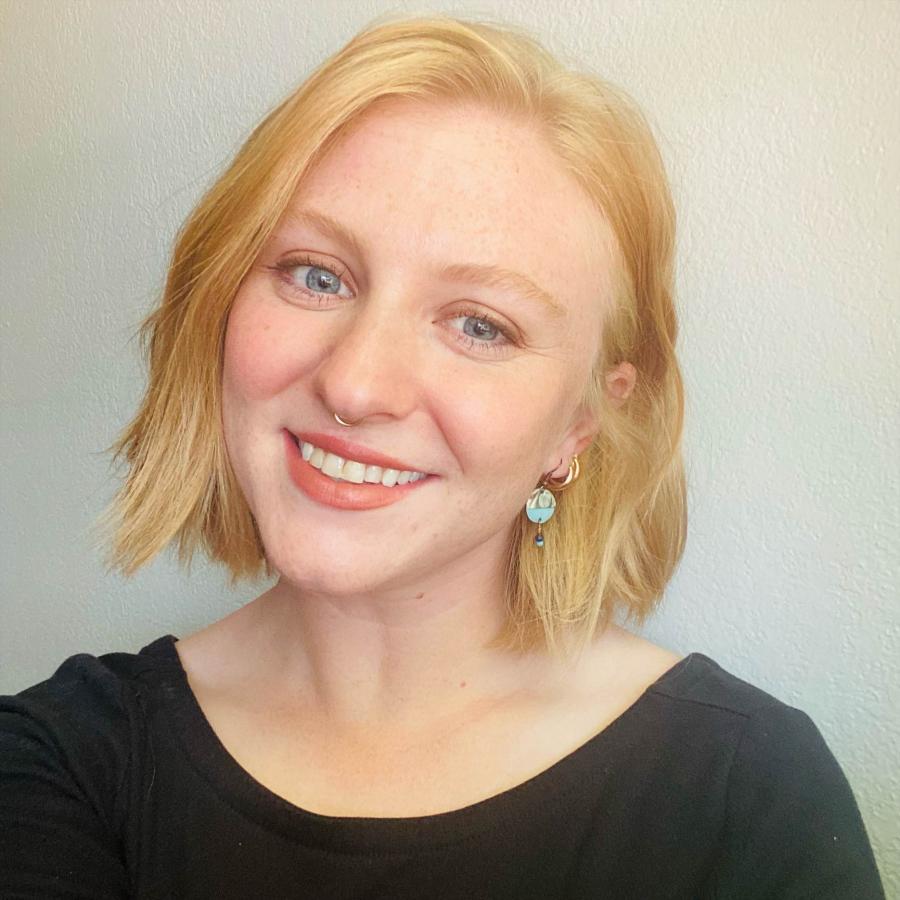
As far back as she can remember, Karleigh Conway has always loved hearing people’s stories. Whether they were about dreams, passions, hurts or recovery, she drank them all in. She hadn’t realized it yet, but her compassion and curiosity were already preparing her for a life in social work.
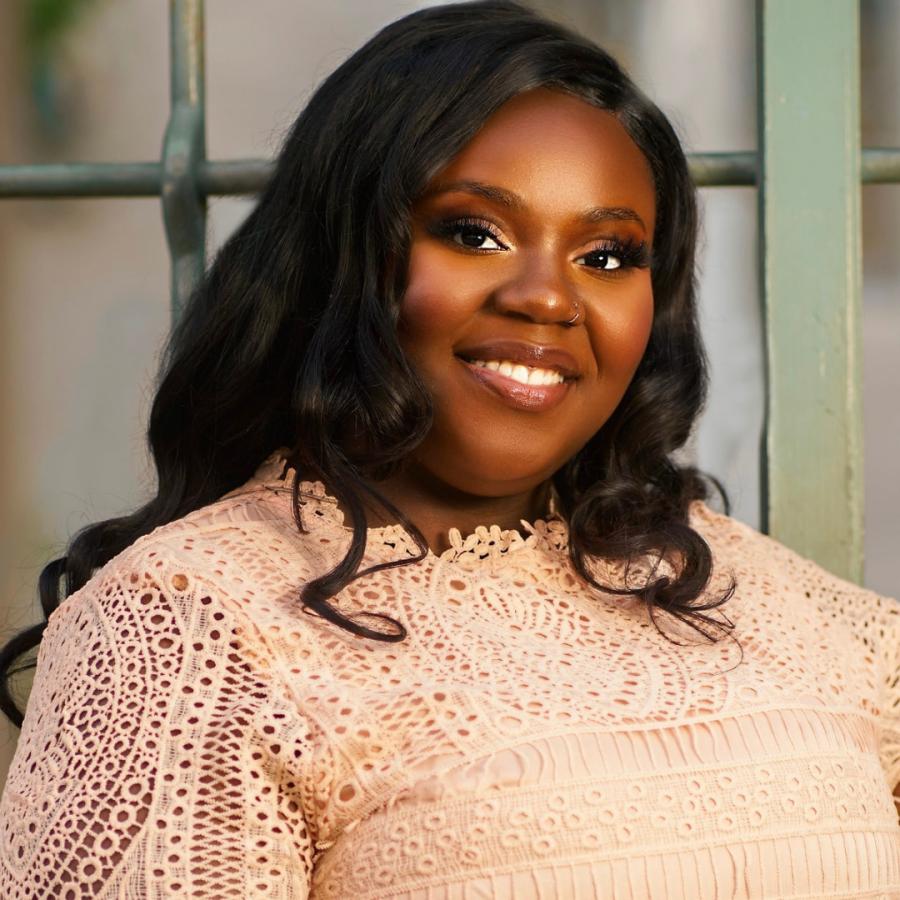
When it comes to education and choosing a career path, the road looks different for everyone. Some people already know what they want to do and set out to achieve it, while others are not so sure. Both journeys are unique and valid ways to approach deciding how to live your life. For our 2023 MSW Outstanding Student Gabby White, it was the latter.
As a student who prides herself in promoting diversity and inclusion, it is no surprise that Josie Pooler’s life has been incredibly diverse and unique as well. Growing up in Waco all her life, Josie said she truly considers it her home.
Learn more about the 2023 BSW Intern of the Year: Lauren Daniels! "My calling is to serve and support the people around me. Because of the strong emphasis to look at more than what seems to be at the surface, I know social work is the avenue for me to support, advocate for, and serve others."
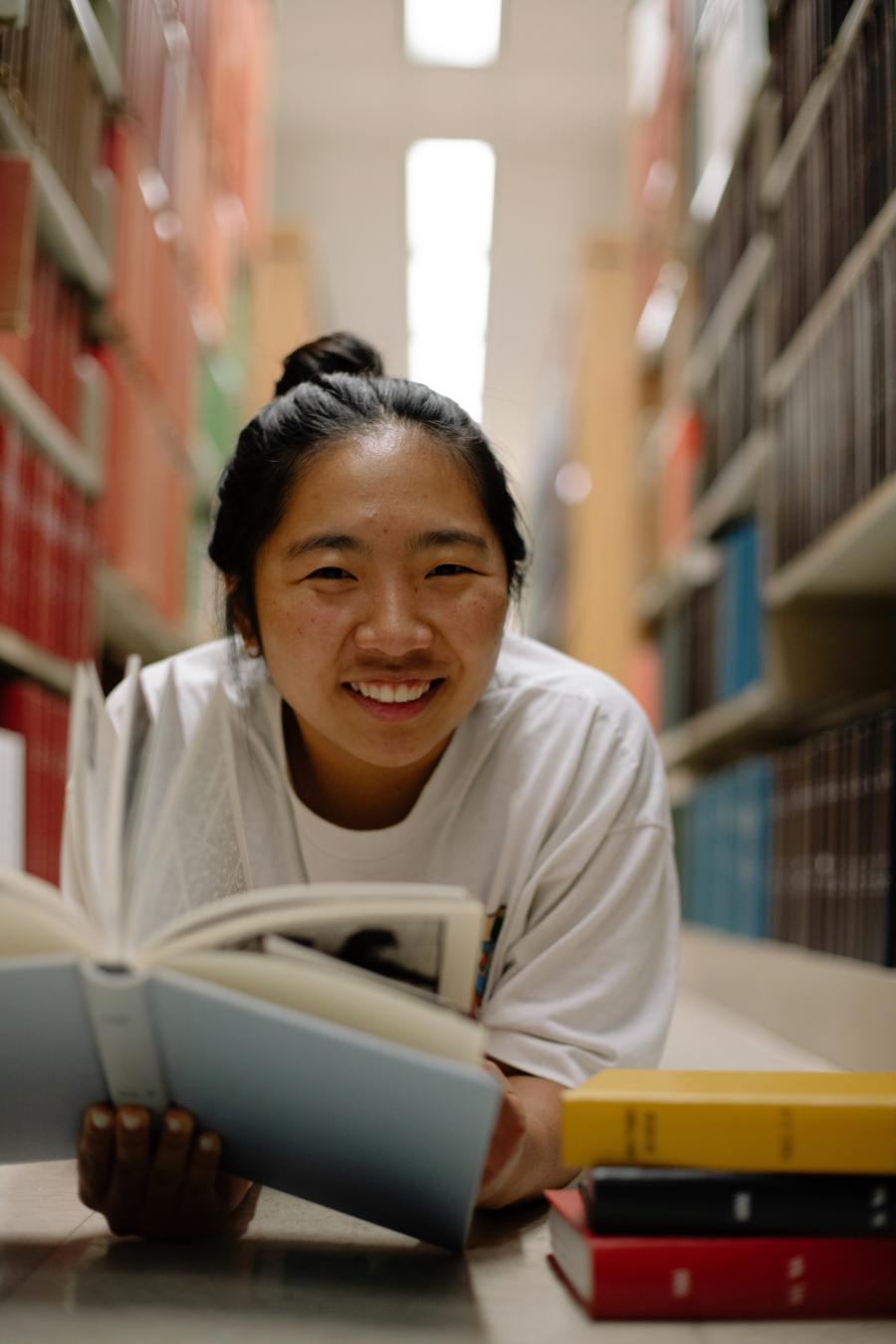
"A lot of my professional interest lies in the intersection of social justice and faith communities. I have seen the influence that religious organizations have on mental health, neighborhoods poverty, abuse, politics, and so many other things. But, I see how social work brings a unique systems-oriented, justice-driven perspective to these issues."
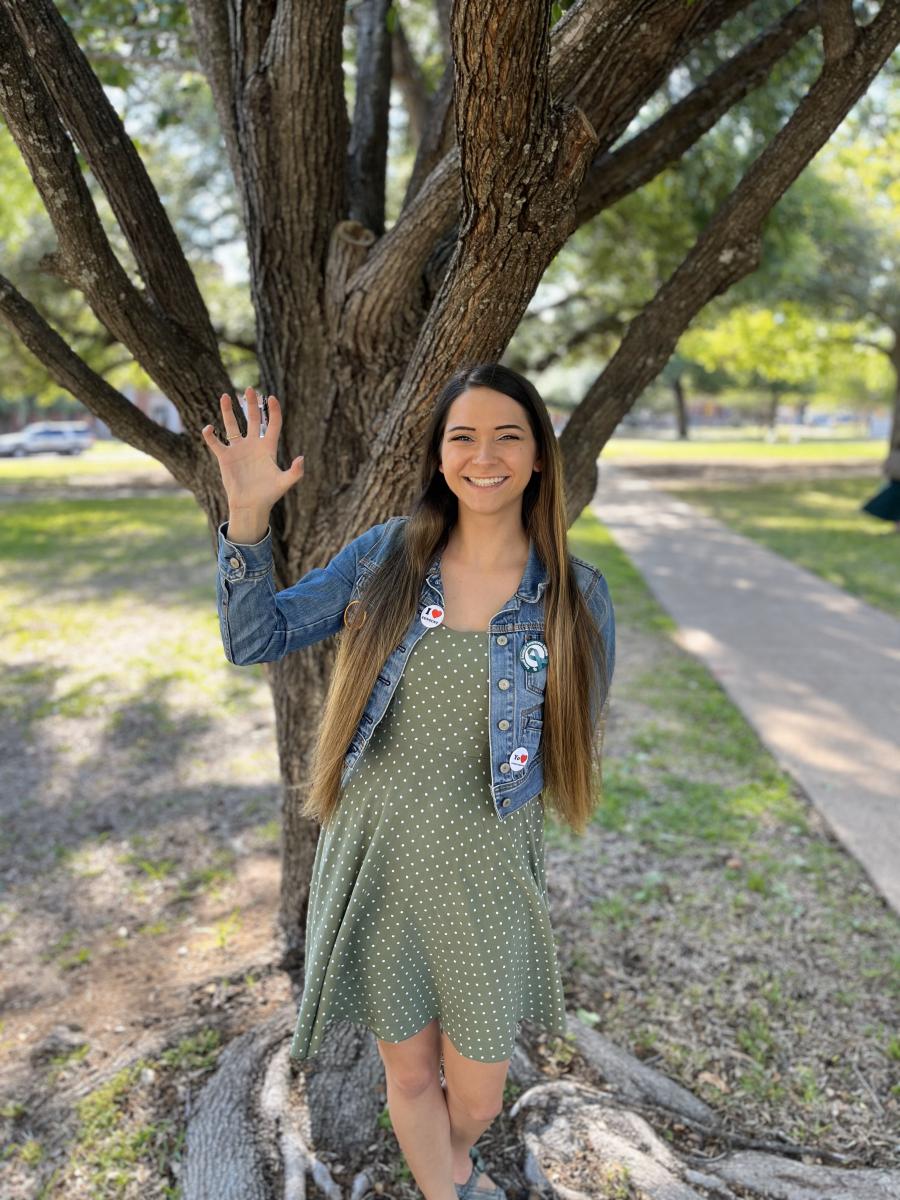
Learn more about our MSW Intern of the Year, Community Practice: Kyla Wilson!
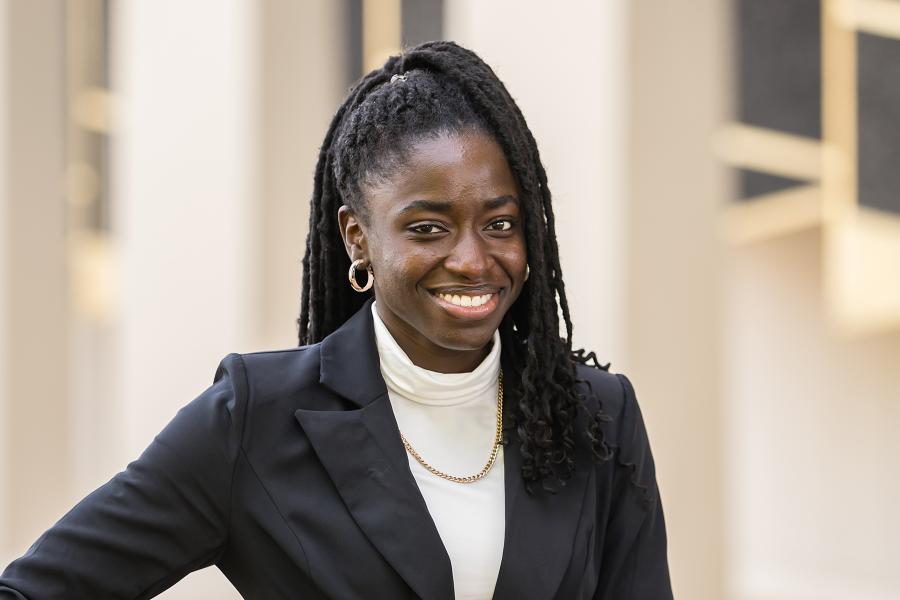
Learn more about our MSW Intern of the Year in Clinical Practice: Mercy Babo! Mercy has a passion for helping children, adolescents, and young adults overcome addictions by supporting them through their recovery process, in an effort to help them on their path to thriving.
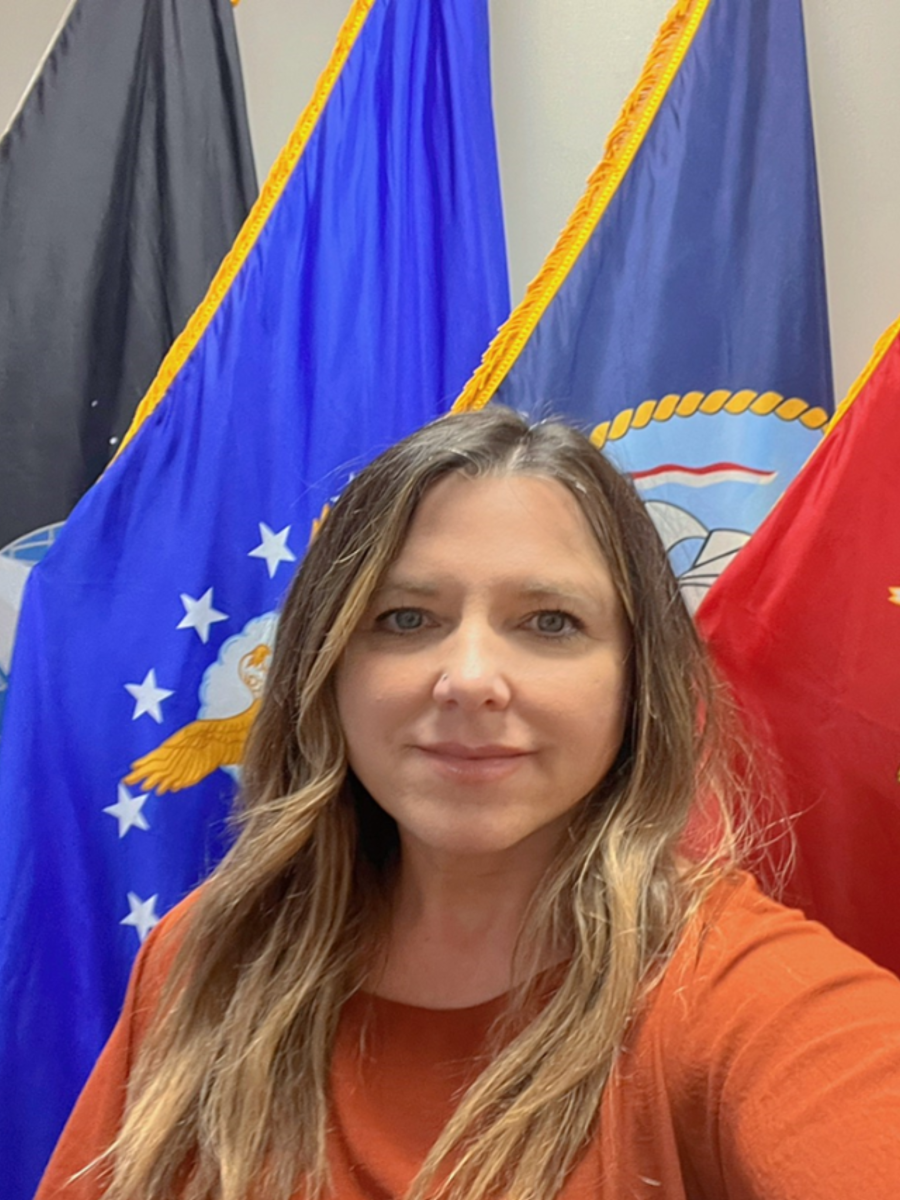
Learn more about our 2023 Field Instructor of the Year: Heather Eller-Gilman! Heather is a Readjustment Counselor at the Lincoln Vet Center in Lincoln, Nebraska, and has worked with Veterans for more than a decade, in positions that advocate, engage in case management, and provide evidence-based therapies.
Learn more about our Task Supervisor of the Year: Sarah Pedrotti!
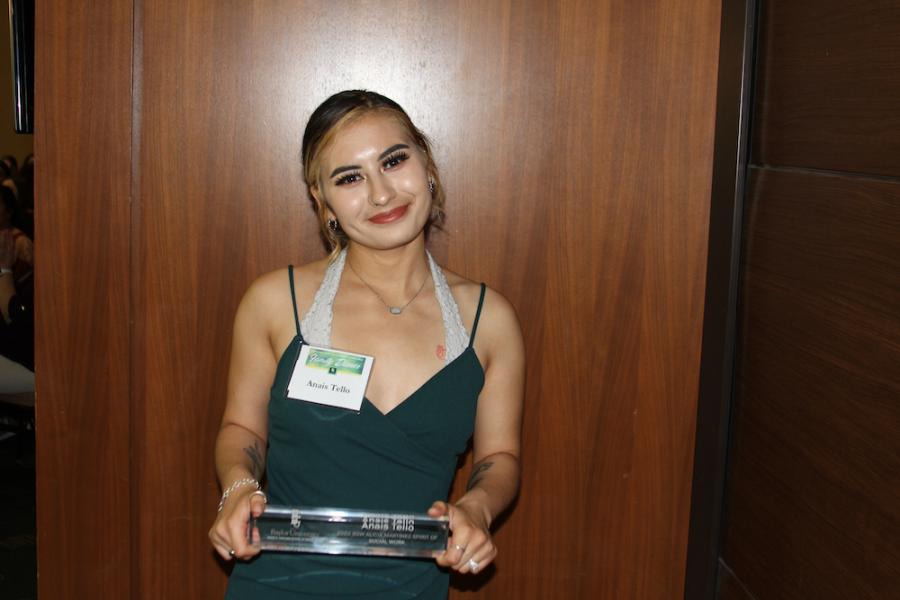
What is the spirit of social work? By our definition, it is Anais Tello, the 2022 Alicia Martinez BSW Spirit of Social Work Award recipient.
Anais, who recently graduated from the Garland School of Social Work with her BSW, is someone you would call a true advocate for others who has used her own story to develop a passion for social work and a deep desire to see prison reforms and improve recidivism. As a child, Anais was introduced to social work through her school social worker who would pray daily for Anais’ safety…it was in this space she developed her calling to help others just as this social worker had helped her.
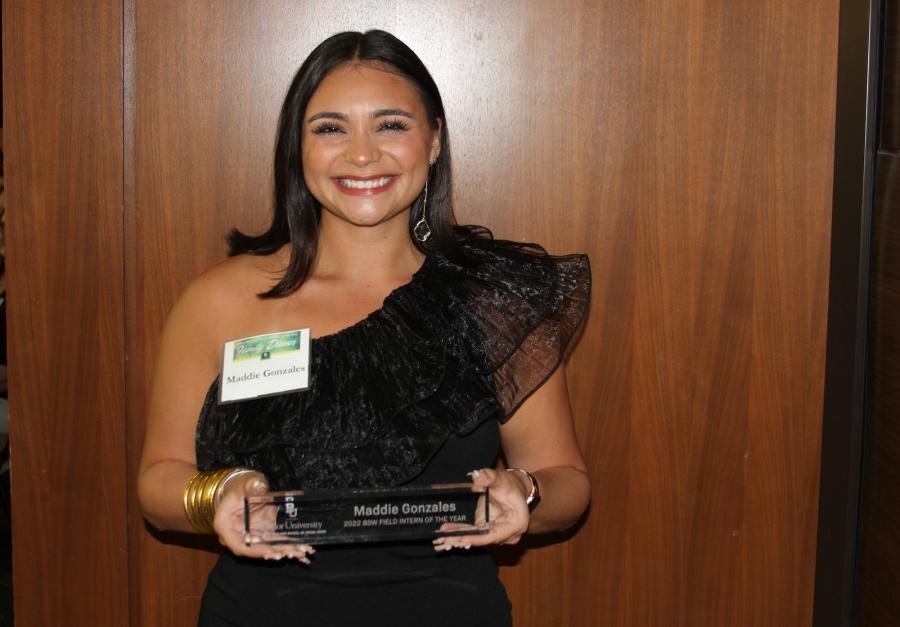
Why did you choose social work? Would you say social work is your “calling”? If so, why?
After adopting my sister in 2017, I gained a love for counseling and an admiration for what social workers did for families and clients. I knew that I wanted to do for others what was done for me: comfort, aid, acknowledgment, and so much more. Every day through my classes here at the GSSW I felt affirmed in my choice of major. Not only was the content exciting but has encouraged me to find social work in all aspects of my life. The professors and peers that I have come alongside these four years have also added to my love of Social Work and my experience in growing through education. All have shown what social work is in every facet of living, whether it be through advocation, support of each other, new ideas or perspectives, and so much more. Social work has been such a blessing and constant within my time here at Baylor and I am excited for what is to come through obtaining my MSW.
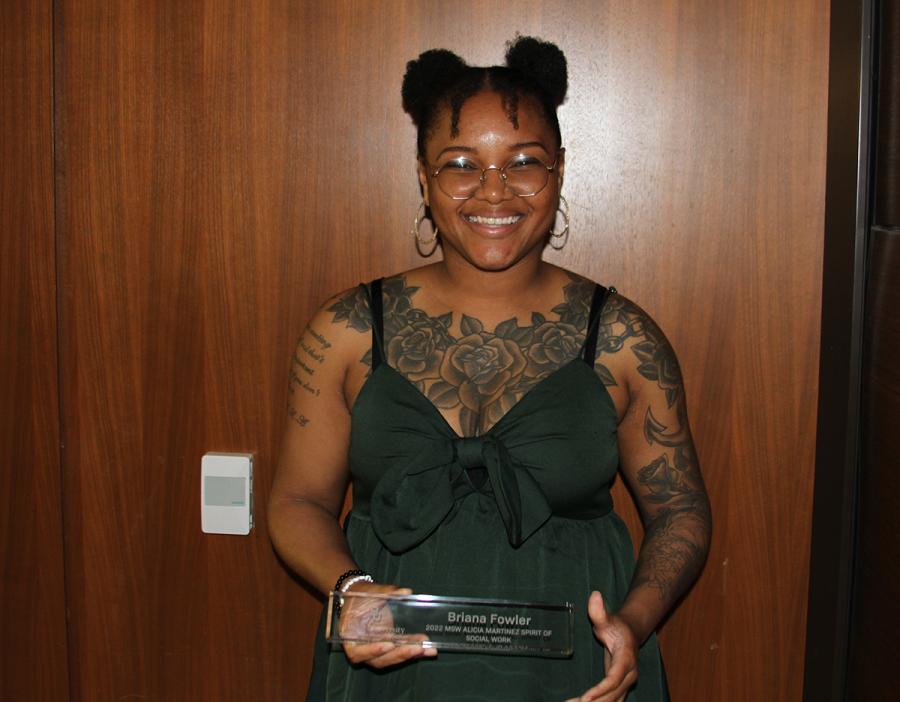
Briana Fowler is a first-generation college student from Austin, Texas, who, in her words, is a work in progress just trying to be a better version of herself every day…so much so that she has a tattoo that says it. And she is the 2022 Alicia Martinez MSW Spirit of Social Work Award winner.
The Spirit of Social Work award is intended for students who embody the spirit of social work through engagement in and beyond the classroom, and who demonstrate a commitment to the values of the profession, and last year it was renamed to honor MSW student Alicia Martinez who lost her battle with COVID-19. Alicia was such a shining example of the spirit of social work both in and out of the classroom, and it only seemed fitting to honor her legacy in the profession through this award and judging by the words of one of Briana Fowler’s recommenders, Briana could not have been a better choice for of this award.
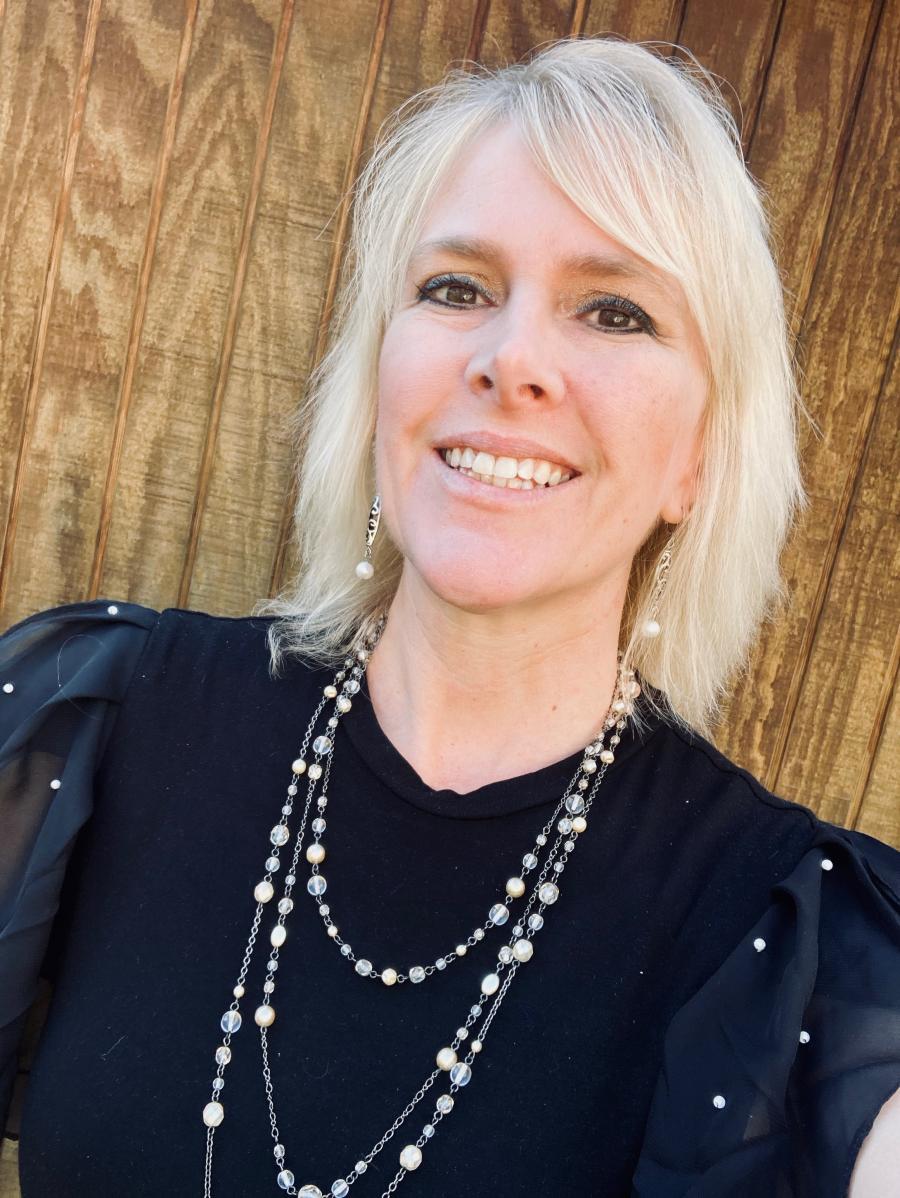
Meet Geneece Goertzen, the 2022 MSW Community Practice Intern of the Year. Geneece is a May 2022 graduate who hopes to work with domestic violence survivors, to work with clergy and congregations around the topic of domestic abuse, and to one day go back to school and get her PhD. Her internship sites included Calvary Baptist Church and the GSSW's Center for Church and Community Impact. #sicem, Geneece!
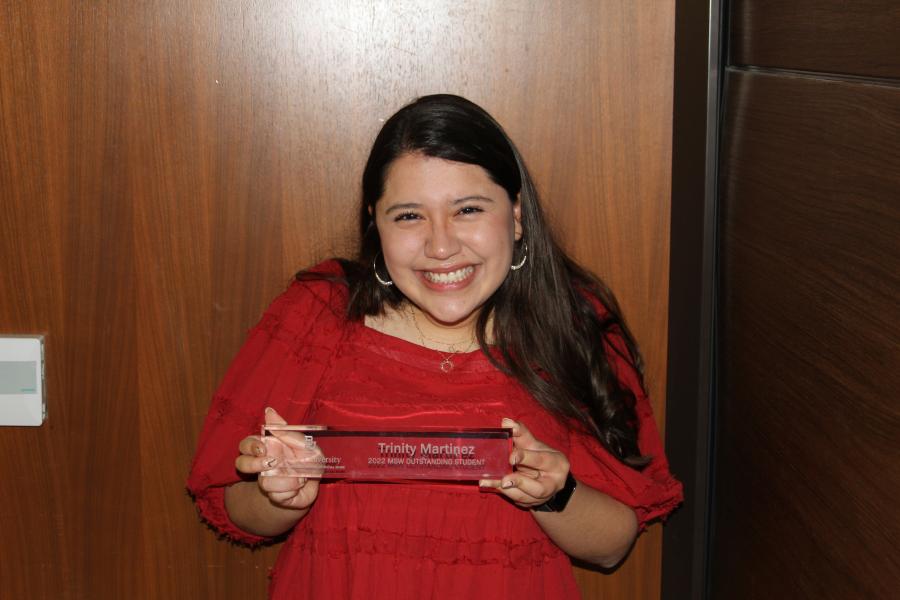
Pope Francis once said, “Go and show love to everyone, because your life is a precious mission: it is not a burden to be borne, but a gift to offer.” And when you meet our 2022 MSW Outstanding Student Trinity Martinez, you know no other mantra could better describe her.
Trinity is an advanced standing student from San Antonio, Texas, but has lived all over the US and has traveled the world through mission work and study abroad programs, including countries such as Lithuania, Jamaica, Italy and Ireland. All of these experiences contributed to her ability to adapt well to change and exposed her to many cultures and diversity at a formative age. Today, she is a natural leader, committed to speaking up for others and standing up for what she believes.
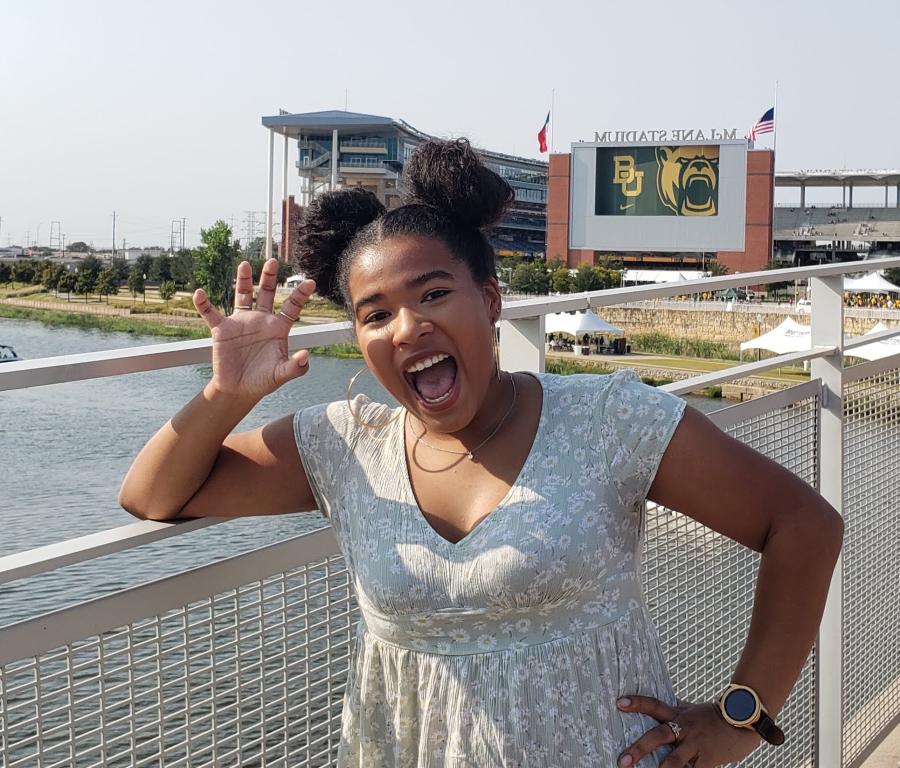
From a family of educators arises Micaela Jones—emerging social worker. This graduating senior originally thought she would continue the “Jones legacy” as a teacher until she began student teaching and realized that many times, the “home prevented students from being able to thrive in the classroom.” Couple that with a heart for justice, and it became clear that social work was the correct path for Micaela to pursue so that she could impact change at a larger systemic level. It was this passion that earned Micaela the title of BSW Outstanding Student of the year!
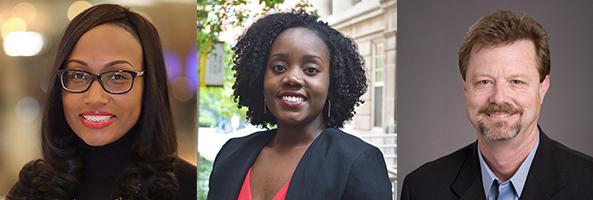
What does a healthy relationship look like for a Black son-in-law and his father-in-law? A study aims to answer that question and was published in “Psychology of Men & Masculinities” by University of Maryland School of Social Work’s (UMSSW) Assistant Professor Ericka M. Lewis, PhD, MSW, with Professor Michael E. Woolley, PhD, MSW, and Baylor University Assistant Professor Brianna P. Lemmons, PhD, MSW. Studies on in-laws are far and few between, less so for male in-law relationships, and even less so for Black male in-laws.
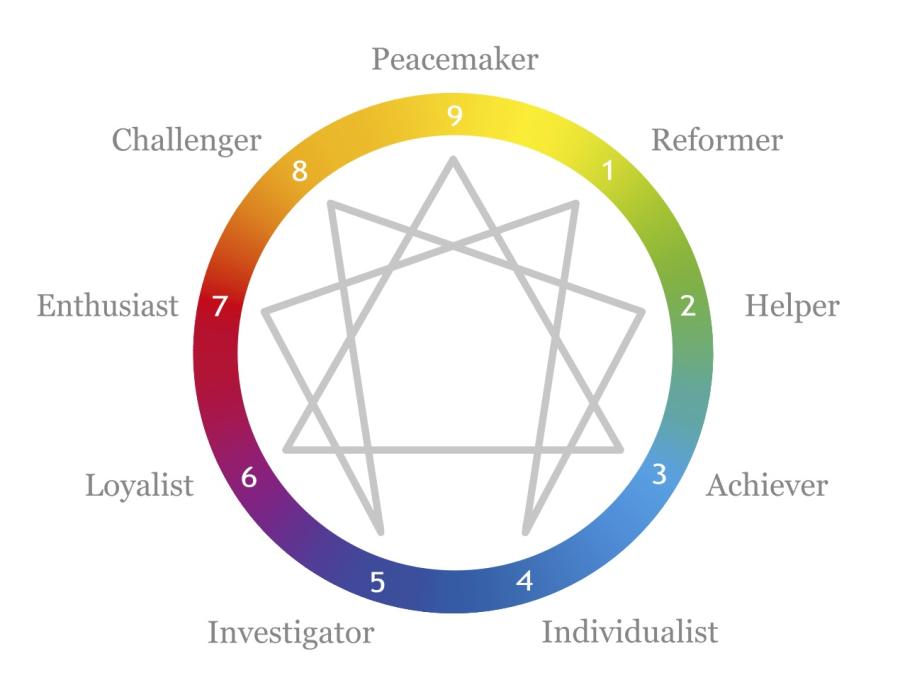
The Enneagram, unlike many modern-day personality tools such as the Myers-Briggs or the Birkman, can trace its roots to ancient times. The word itself is derived from the Greek words ennea (nine) and grammos (drawn symbol).
The Enneagram is represented by a circle with nine different starting points and nine equidistant lines drawn within the circle. It is meant to show nine different perspectives or “personalities” for how different people view and understand the world. The lines within the circle show how different personalities interact with each other in times of stress or growth. Numerous tests or checklists can be found online or in books to help someone identify which personality type resonates the most with themselves. However, as learned from Dr. Jon Singletary, Dean of the Garland School of Social Work, the Enneagram is so much more than just a test.
Dr. Singletary describes the Enneagram as a resource that can be used to better help us understand ourselves. He adds that the Enneagram can reveal more about how God has created us, is calling us, and transforming us.
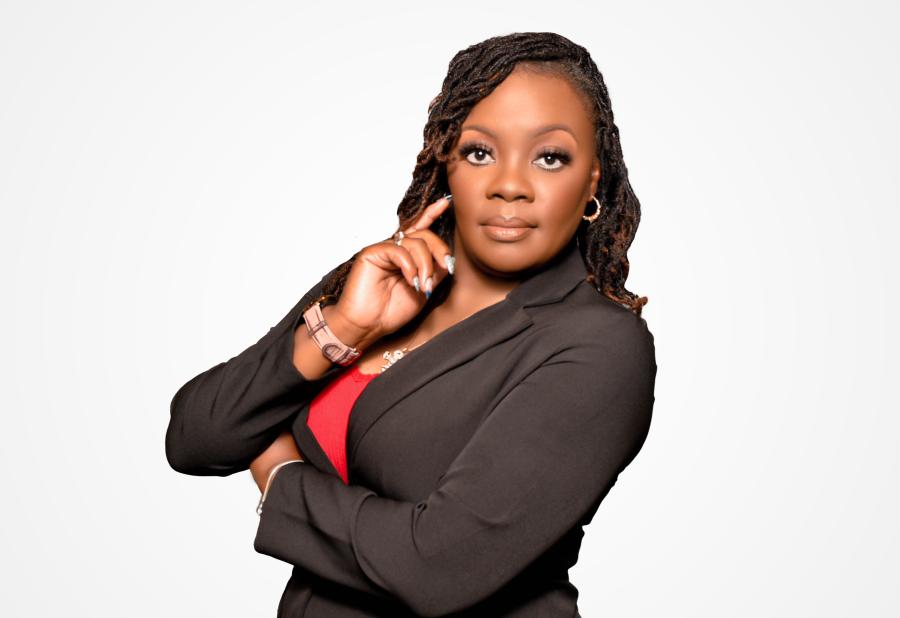
Military veteran and Baylor alumna Crystal Brown is shining her Baylor light via social work in a way she never expected—in the field of nephrology.
Growing up, Brown recalls seeing her cousin dressed professionally each day as an attorney. She always knew as a kid that she too wanted to be a professional one day so she would be able to establish her own voice.
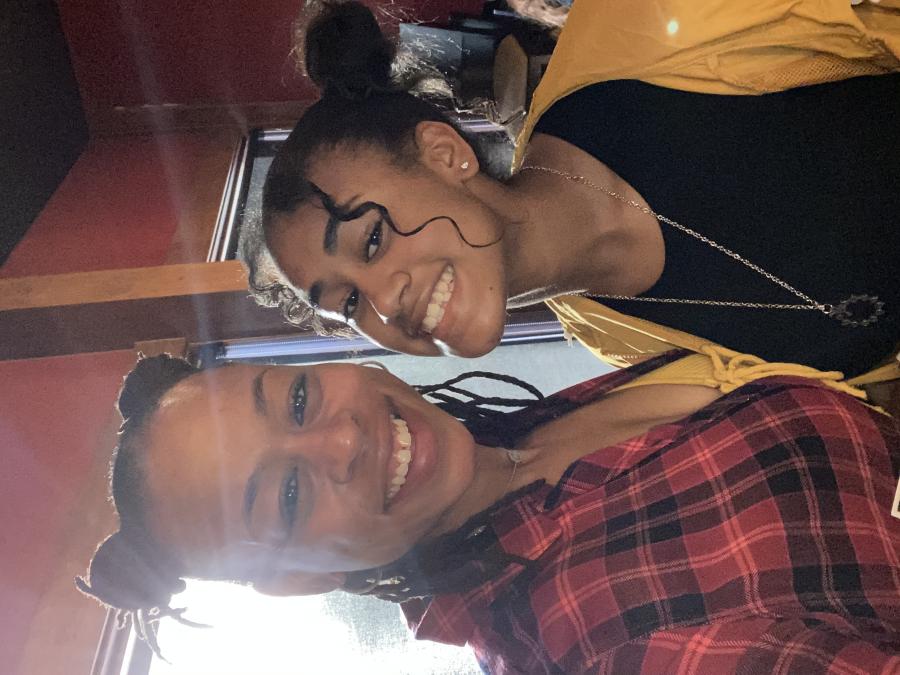
Congratulations to Raashida Birmingham, the Garland School of Social Work’s 2021 MSW Clinical Intern of the Year.
Like many others, Raashida did not first choose social work. However, after an internship with Healthy Families Florida, a program that “improves childhood outcomes and increases family self-sufficiency by empowering parents through education and community support,” Raashida said her supervisor at Healthy Families suggested the profession of social work to her.
“I am thankful for this suggestion because social work is definitely my calling. I love working with and serving others and am very passionate about having the opportunity to do that every day as a career,” Raashida said.
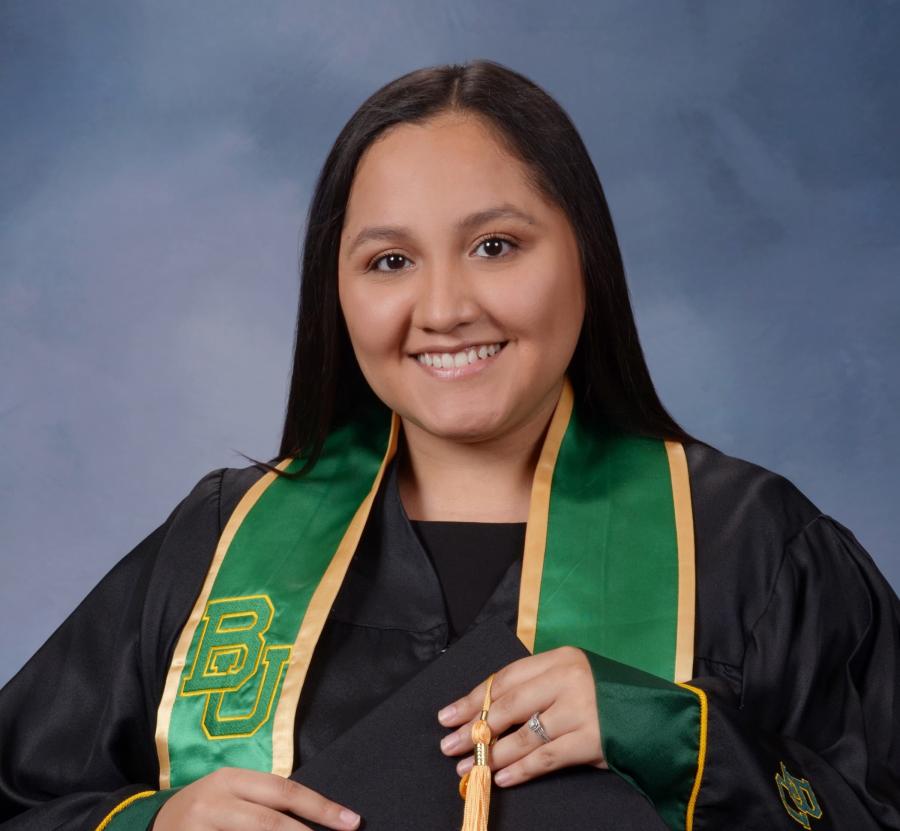
“Nataly represents so much of what we are talking about nationally in terms of health care workers on the front lines during COVID-19. She is an academically excellent student. Nataly managed the many challenges of COVID-19 in her placement with dedication, perseverance and excellent client care this year,” said a colleague of the 2021 BSW Intern of the Year: Nataly Sanchez.
Nataly said she chose social work because of her strong passion for community building as well as her goal to fighting human trafficking.
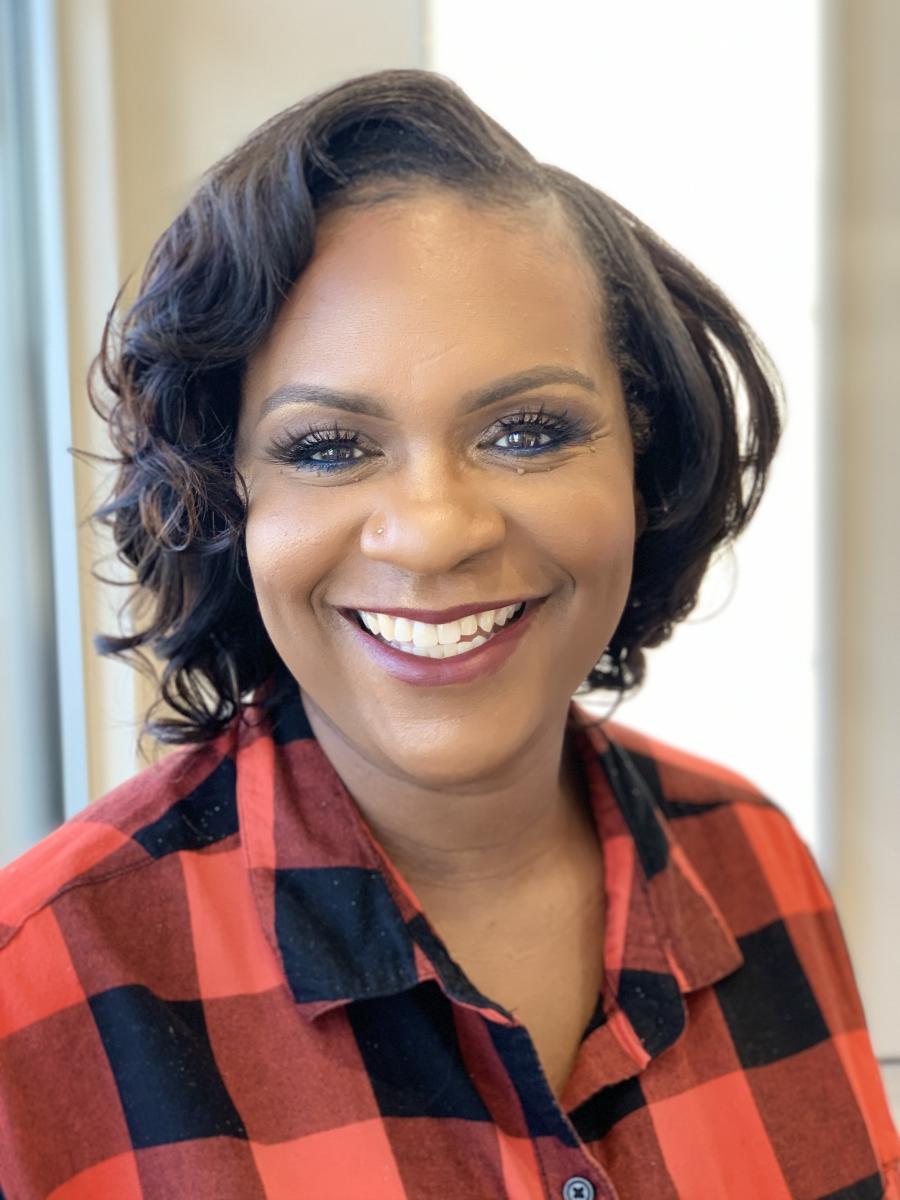
“Dondra’s personal values align with service, integrity, and dignity, and she upholds these values while maintaining a sense of worth on the survivor. She appreciates and meets people where they are in terms of being diverse with different cultural and social values,” said Amanda Carpenter, task supervisor of Dondra Williams, the GSSW’s MSW Community Practice Intern of the Year.
Dondra began classes at the Garland School of Social Work’s online program in May of 2019. She said Baylor felt like the right place for her to pursue her master's degree because of the prioritization of the ethical integration of faith and practice, especially because of the influence her faith has had on her life choices to become a social worker.
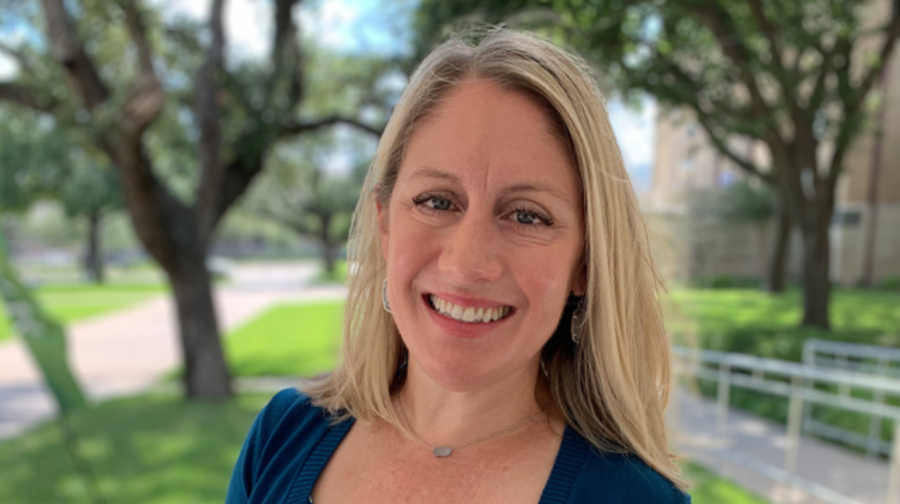
WACO, Texas (May 25, 2021) – Danielle Parrish, Ph.D., professor in the Diana R. Garland School of Social Work at Baylor University, has been awarded a $3.1 million grant by the National Institutes of Health to study the efficacy of risk reduction intervention efforts for young women age 14-17 in the juvenile justice system. The grant will be dispersed over five years, beginning May 2021. The project, titled CHOICES-TEEN: Efficacy of a Bundled Risk Reduction Intervention for Juvenile Justice Females, is an effort to fill gaps in care for at-risk young women in the juvenile justice system.
"I'm really excited and honored to have this opportunity to pursue this research that I’ve had on my heart for many, many years," Parrish said. "This grant will provide the resources to implement a randomized controlled trial to test the efficacy of an intervention that I hope will be able to be used more widely in the U.S. and fill the gaps in services for this population."
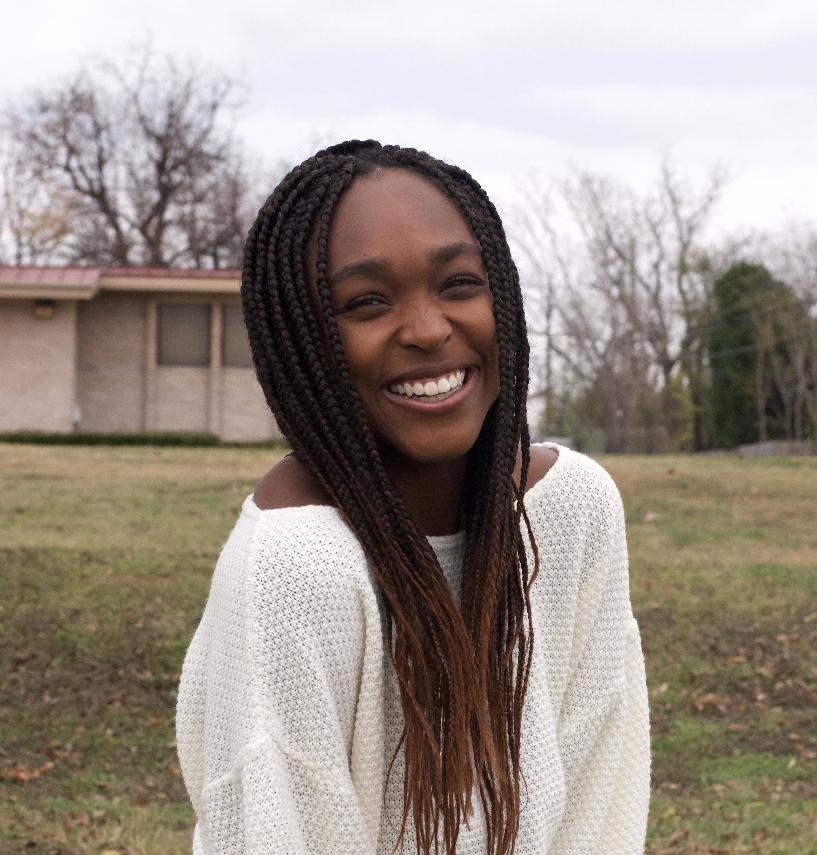
MSW Outstanding Student Award winner Samantha Nelms never imagined herself to be so involved in the field of social work.
Growing up, with her mother as a member of the city council in her hometown of Birmingham, Alabama, Samantha had been raised to appreciate and prioritize policy and politics. Because of her passion for the two, she decided to major in sociology, a field where she could study social organization, structure and the reasons behind it.
Because of her expertise in the field after conducting her senior capstone on community partnership and education, Samantha remembers her friends that were already in the MSW program at the GSSW encouraging her to apply.
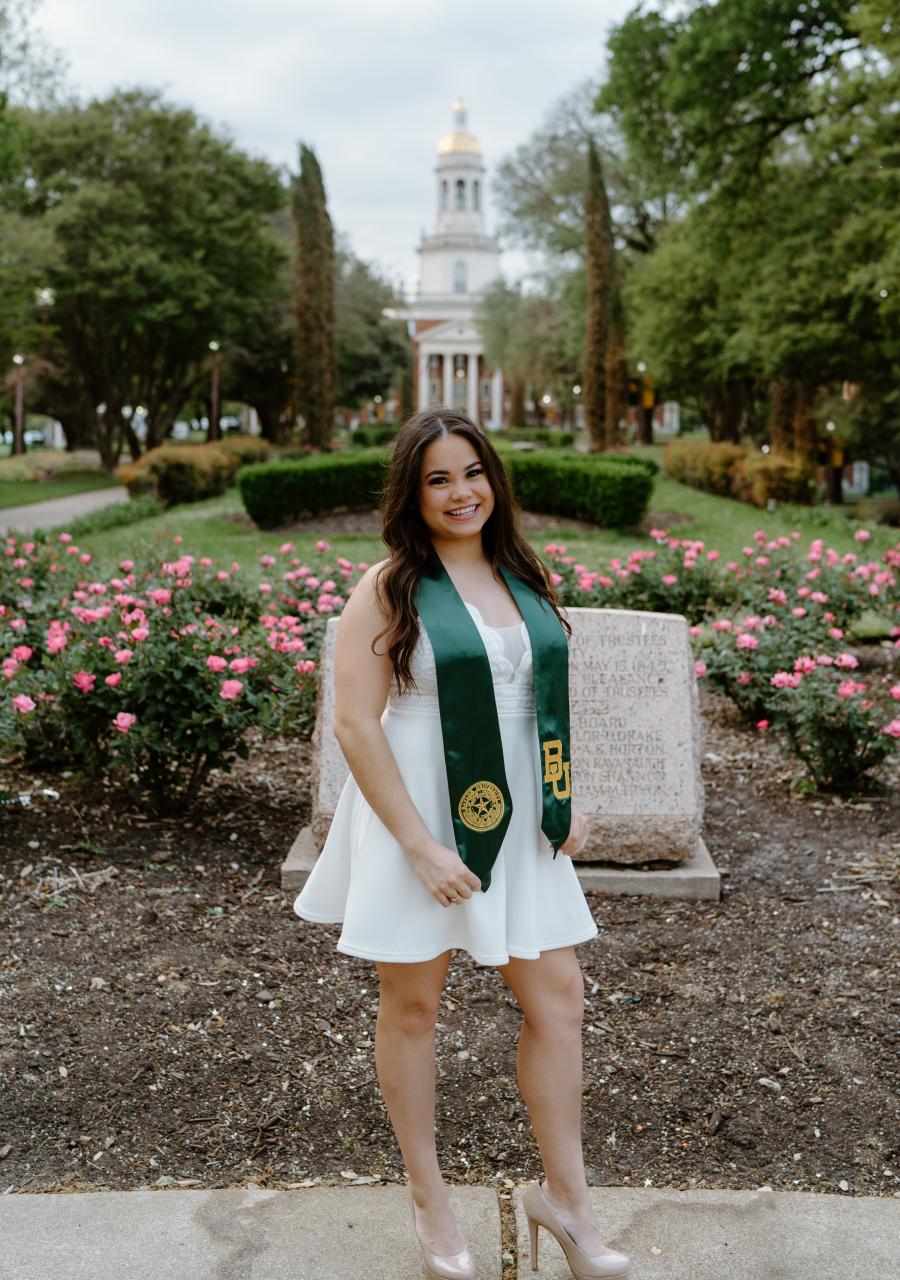
“I used to not stand up for myself. I think because of the nature of kindness at Baylor and the sense of advocacy that the School of Social Work instills, I do [now],” said Isabella Book, winner of the Garland School of Social Work BSW Spirt of Social Work Award. “I always knew I had it in me, but I just never carried through. I have a voice now, and I'm not afraid to use it.”
Isabella said along with learning about the importance of advocacy, the Garland School of Social Work has also inspired her to pursue what she believes to be her lifelong purpose and career path-- being a hospice social worker.
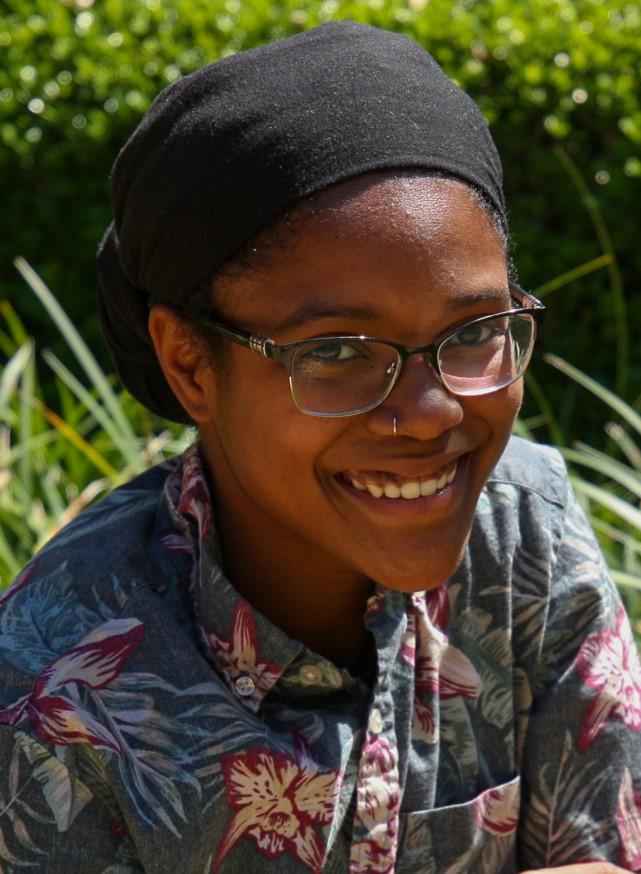
Being raised as a “military kid,” BSW Outstanding Student Award Winner Asianna Brown knew she always wanted to foster such meaningful connections as the ones she was fortunate enough to experience with social workers growing up.
“I reflected on a lot of my encounters with social workers as a military kid. I had my parents deployed at the same time, at points in my life. Sometimes my mom would be deployed and my dad would be in a different state so I had to deal with that,” Asianna explained. “I had a social worker who [would say], ‘Hey, I'm here to help,’ and it was a big relief to have somebody in my corner. I want to do that for other military dependents.”
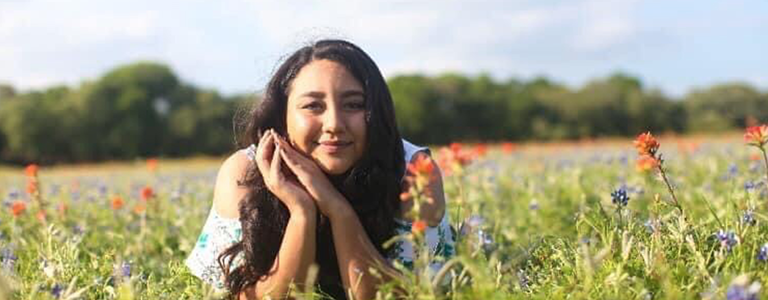
This year, it is with great pleasure mixed with great sadness that we award Alicia Martinez with the Garland School of Social Work’s 2021 Honorary MSW Spirit of Social Work Award.
What a bright, up-and-coming leader in the field of social work we lost when Alicia passed away due to COVID-19 in January of this year. But, today, it is our great honor to recognize her as this year’s recipient because she truly was a shining example of what it means to be the spirit of social work.
Alicia was a first-generation college student determined to make an impact on people. A friend said this of her: “She’s like, ‘I don’t care if they remember my name, but I just want to know that I’ve touched them.’”
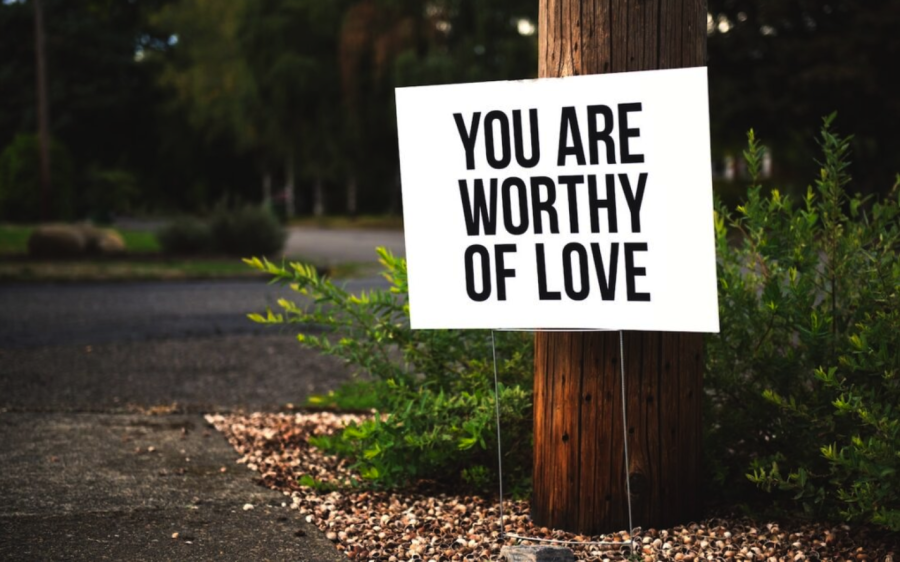
Words have power; they can carry freedom or they can carry weight.
We often forget that power also resides in names.
Our names are what we closely identify with in places of comfort and places of estrangement. Knowing someone’s name can allow them to feel safe and cared for, just like forgetting someone’s name can make someone feel shame and embarrassment.
The adjectives or labels that we ascribe to someone also carry weight. When talking to or about someone who is in a vulnerable state, the words used are particularly important.
For example, there is a common tendency to call individuals who are on the journey out of addiction and in recovery as “addicts” or “alcoholics.” The intentions might be pure, but the verbiage is haunting.
“Hi, my name is Lacey, and I am a new creation in Christ Jesus.” This statement was a hopeful reminder of a new identity I received when accepting the gift of salvation.
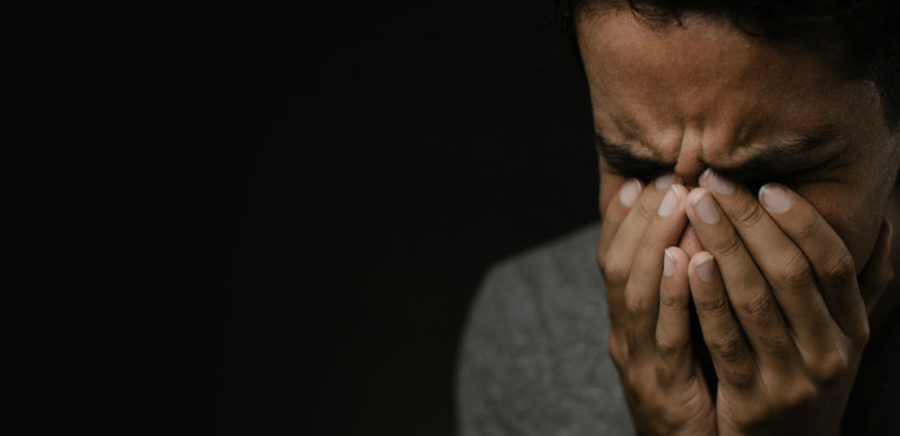
Grief is a part of life for every person and, therefore, is a natural part of life for every church community.
Two of the most foundational duties of those in ministry are to walk alongside those who are grieving and to conduct funerals for the deceased and their loved ones. While the church is no stranger to grief, the COVID-19 pandemic has presented new challenges in how the church approaches and supports those grieving the loss of loved ones.
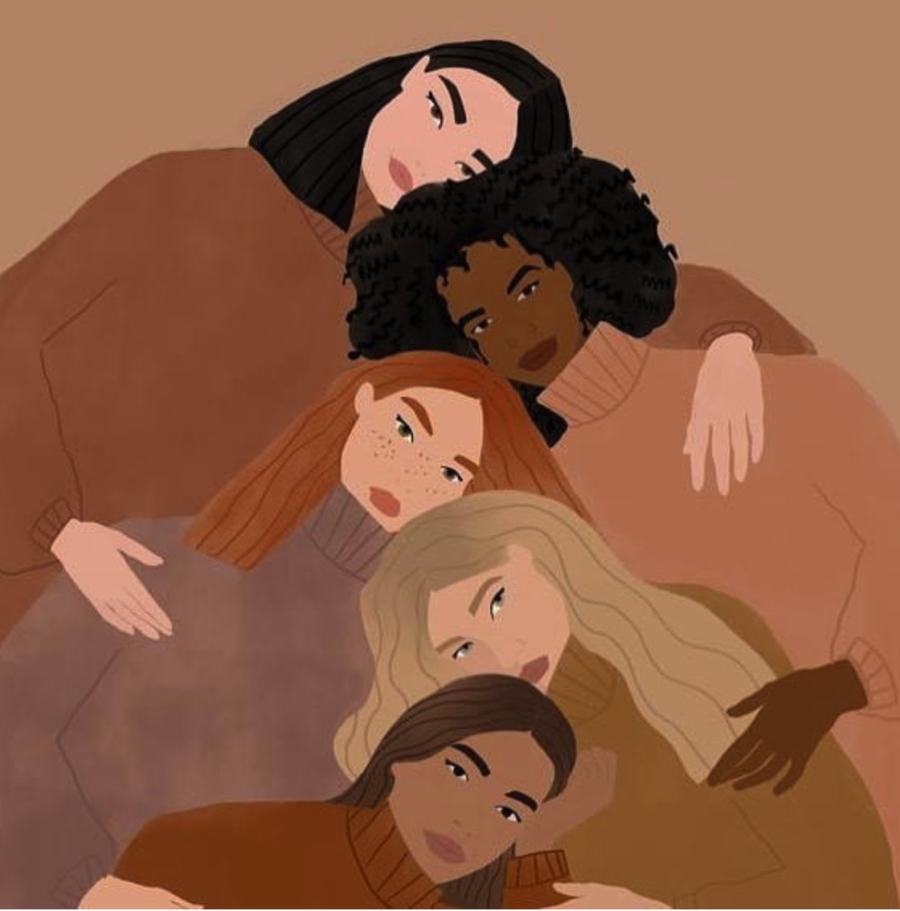
In honor of women’s history month, I want to take a moment to emphasize the diversity of women in Social Work, and acknowledge contributions to the work of intersectionality that encompasses women’s issues. “Social workers are tasked to examine roles, equity and fairness not only in the profession, but within society and with the women they serve each day (NASW, 2021).” The role of the social worker is to promote social justice in all aspects of life including advocating for meaningful change for a better tomorrow. Social work is an emerging field with women taking the lead in addressing women’s rights. According to CSWE Annual 2019 report, 74.1% full time faculty in accredited Social Work universities are women (Council on Social Work Education, 2019).

The Coronavirus, first declared as a global pandemic on March 11th, 2020, has impacted millions of individuals in a variety of ways. Across the nation, people have suffered financially, physically, and emotionally from the virus. As a result, an immense number of individuals’ mental health amongst every age group have taken an extreme toll. However, a prominent population that has been heavily impacted have been women.
According to research, the fatality rate for men has been twice as high than for women – however, the pandemic has impacted more women’s mental health than men. Because women represent the majority of the health workforce, they have been at a greater risk for COVID-19 and the emotional toll it comes with (Thibault, 2020). The effects of quarantine alone have caused many to feel isolated, lost, and scared, which is distressing for anyone – but add a susceptible population for increased mental health issues into the mix, and you have a recipe for disaster.

Lately, it seems I never can get enough sleep. I find myself with less patience. A task that used to take me an hour now takes me three hours. Any of this sound familiar? I guess it probably does.
We are in the midst of “compound collective trauma.” Collective trauma is described as a traumatic experience that affects and involves entire groups of people, communities or societies, such as a hurricane or war.
In a previous article, I discussed the positive and negative effects of the collective trauma of Hurricane Harvey. That is just one example of a collective trauma that effects a specific community or geographical area.
The whole world is a geographical area, right now, experiencing the collective trauma of the COVID-19 pandemic. While various countries are experiencing it differently, everyone is simultaneously in the midst of some aspect of the pandemic, and we all are experiencing the trauma throughout our specific communities.
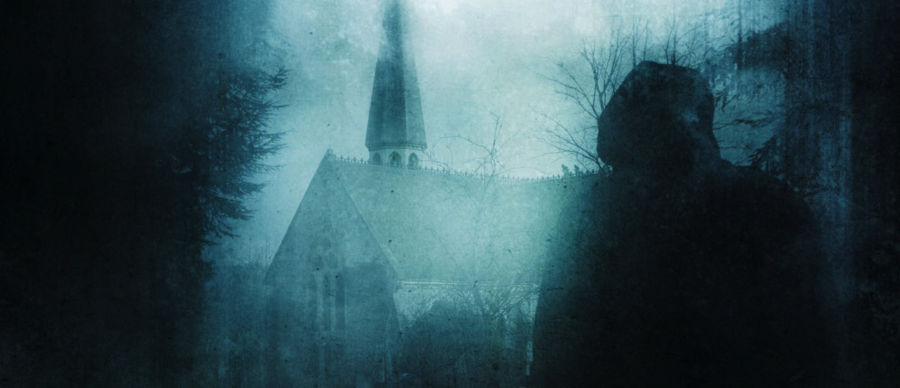
Growing up, the church always was a safe place for me. I grew up in the same small-town church my entire life, and a lot of our life revolved around the church.
Sundays were filled with Sunday school and the beloved evening prayer meeting, while Wednesdays were for mission group and choir. Our church felt like a village, a family that was raising me alongside my family of origin.
As a teenager, this could feel smothering at times. The beloved elderly church ladies had a running commentary on my life; out of a place of love, they would frequently express their opinions on my life choices — both positive and negative. Overall, my church was a safe, loving, nurturing place to be.

Because of the sensitivity and confidentiality of the people and location, this piece has been generalized to keep those involved safe and to challenge congregations of all sizes not to underestimate what they can do.
“We sometimes underestimate the influence of the little things.”—Charles W. Chesnutt
I am the kind of person that must be doing something “big” in order to think change will occur. However, I was challenged by the above quote from Chesnutt.
I was blessed recently to witness a church do something that in most eyes would seem small, insignificant and ordinary. Last week, I observed a small community church rally around one of their members, do the “little things” and, through them, advocate for this individual while also instilling a sense of hope.

Why it is so hard for some people of faith to own their own discomfort? To own their own fears and see how they injure others?
These are salient questions when it comes to creating caring Christian community for the LGBTQIA+ community. It is an even more relevant question for the leadership of my own university.
In the Bible, there are multiple references to people being known by their fruit and people’s actions being judged by their consequences.
Jesus’ fruit analogy seems to be one of the most useful lenses through which we can examine our words and actions. And it should help us provide clarity for any conversation about how we offer support to the LGBTQIA+ community.
People who are members of the LGBTQIA+ community do not harm or injure others in any way because of their sexual orientation or gender identity.
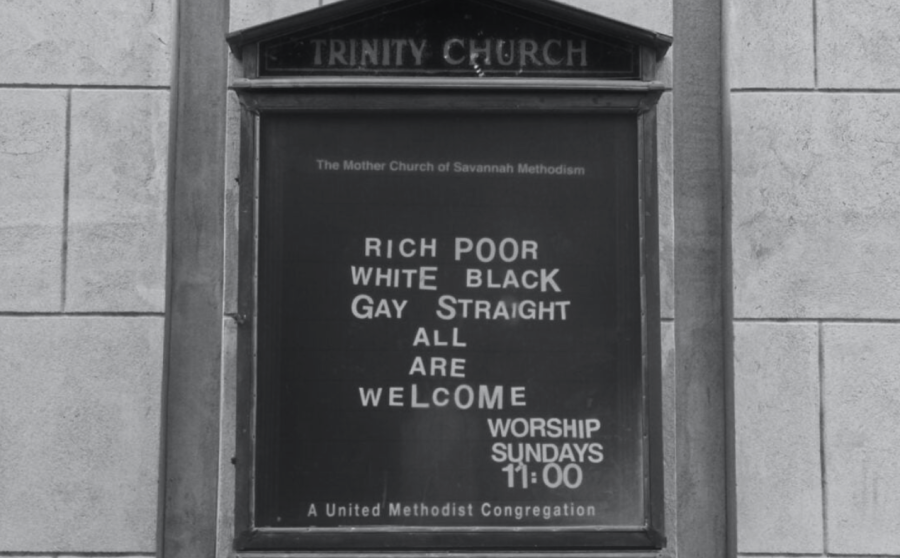
The history of the Christian church includes many examples of addressing who belongs and who does not belong, starting at the very beginning.
Despite how clear Jesus was that women belonged, that Samaritans belonged and that lepers belonged, the early church struggled with whether or not Jesus came for the Gentiles as well as the Jews.
That seems obvious to us now (as most reading this are likely Gentiles, not Jews), but it was a matter of contention until both Peter and Paul understood God’s inclusion of all and spoke up and spoke out.
Phillip’s encounter with the Ethiopian Eunuch gave a concrete answer to the question, “Is there anything preventing me from being baptized?”
The answer, to someone barred from entering the sanctuary because of sexual difference, resounds through the years but often not through the church.
As a member of Protestant, often Baptist, congregations through the years, I have participated in the use of the words “Brother” and “Sister” to refer to other Christians.
If we are truly family, what does it mean when we cut off our siblings? When we make them hide or leave the family because they are different and unwelcome?
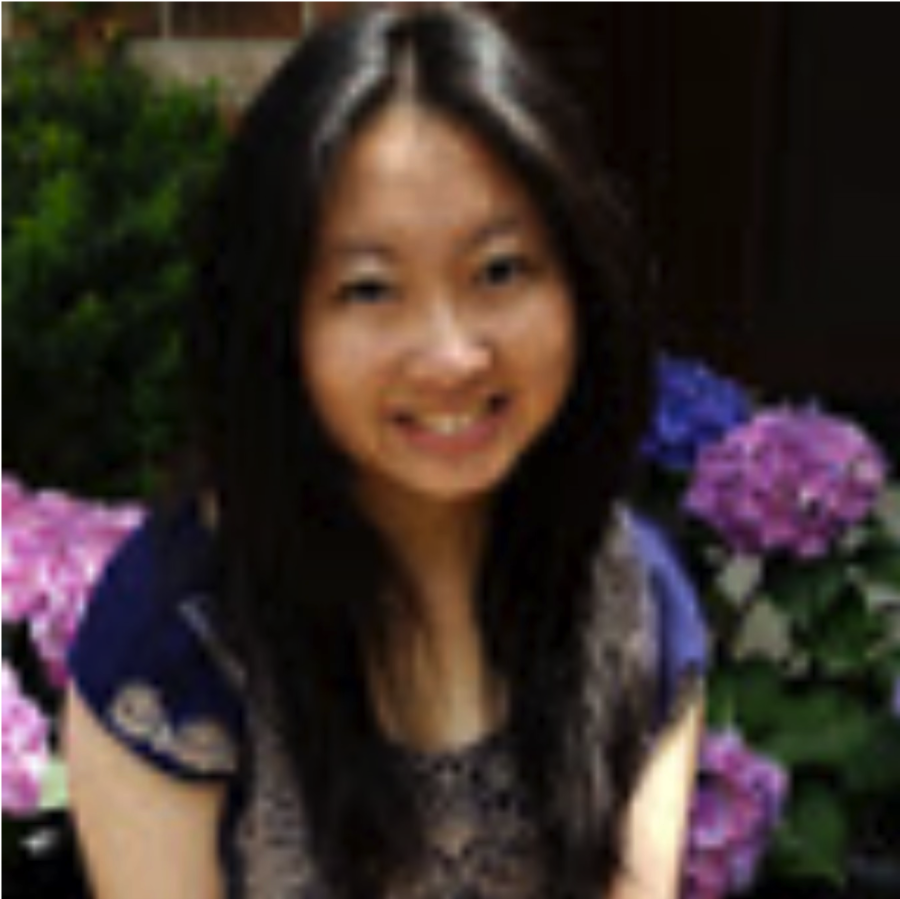
It didn’t take long for me to learn that what made me different was not always seen as beautiful by the world that existed outside the four walls that I was raised in.
My story is from a third generation Chinese American lens, who was raised in the Midwest and attended school in the south — please know this writing doesn’t encompass or represent all Asian American stories.
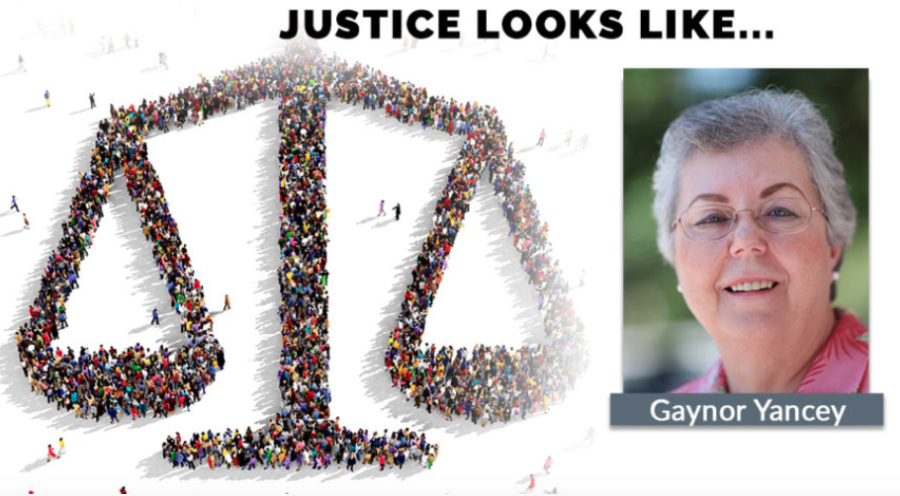
“The Lord works righteousness and justice for all the oppressed” (NIV, Psalm 103:6).
“God makes everything come out right; he puts victims back on their feet” (The Message, Psalm 103:6).
Christian Scriptures give great hope for the oppressed and victims of oppression. No matter which translation of the Bible we read, it is clear in Psalm 103:6 that God knows about the oppression and the resulting victimization.
The Bible is full of admonitions to followers of the way of Jesus about our actions toward the oppressed and victimized. We are to treat all people with love, dignity, honor and justice, because we all are made in the image of God.
Our actions should flow naturally from a heart filled with God’s love. Learning to see people as God would have us see them, with loving actions toward and on behalf of all people, comes with a commitment to do this hard work with the Lord. That commitment, I have discovered, is a life-long journey.
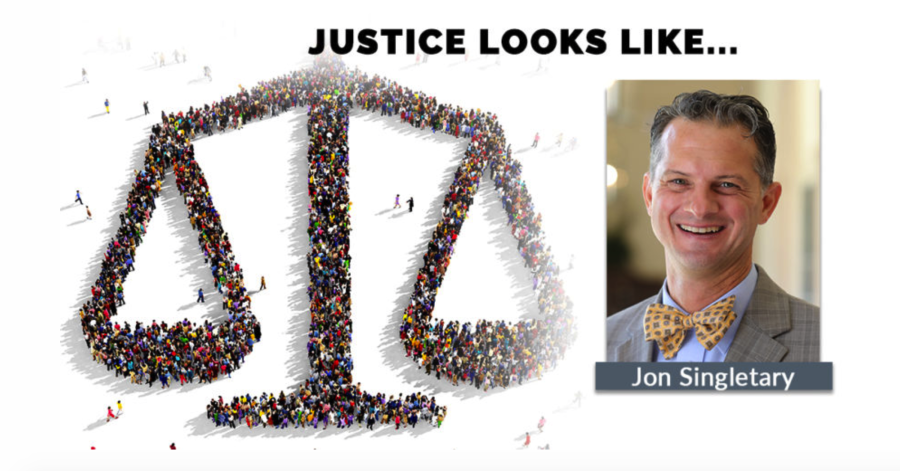
The white church in America is learning racism is not merely about our individual actions and decisions.
As a civil human being—more so as a child of God—we know better than to be racist, than to do racist things. In fact, in our effort not to be racists, we work hard to talk as though race doesn’t exist. Being colorblind was the way to be nonracist, we were taught. I suppose it meant if we didn’t see race, we couldn’t perpetuate it or contribute to racism.
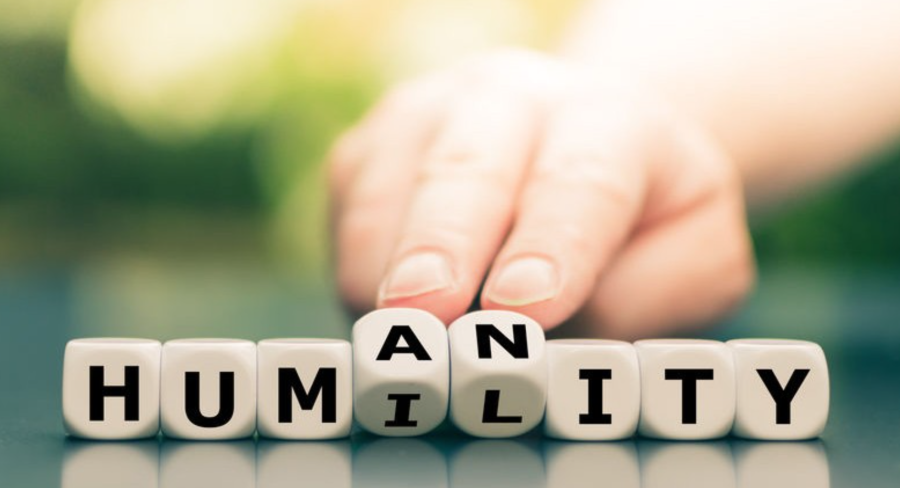
The work of identifying racist attitudes and behaviors is not only uncomfortable but also never-ending, said Kerri Fisher, a lecturer and diversity educator at Baylor University.
Recognizing white privilege and oppressive social systems isn’t enough to sustain “cultural humility,” said Fisher, co-chair of the Race Equity Work Team in Baylor’s Diana R. Garland School of Social Work.
“There are always new ways to be unjust, so we have to always be learning,” she said.
“Cultural humility” describes an ability to critically self-reflect on the existence of cultural differences and impacts on marginalized groups with the goal being to build relationships with those groups, she explained.
Fisher outlined the process for achieving cultural humility, anti-racist and anti-oppressive attitudes during a recent interview with Baptist News Global.
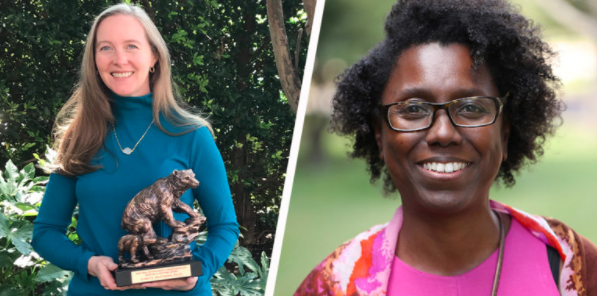
One point that often gets lost in the academic debate of teaching versus research is that research, at its best, is teaching. Baylor’s Outstanding Undergraduate Research Mentor Award — presented each year by Baylor Undergraduate Research and Scholarly Achievement (URSA) — aims to recognize those who exemplify that by mentoring undergraduate students in a research setting.
This year’s honorees? Dr. Stephanie Boddie from the Diana R. Garland School of Social Work, and Dr. Lorin S. Matthews (BS ’94, PhD ’98) from the Department of Physics.
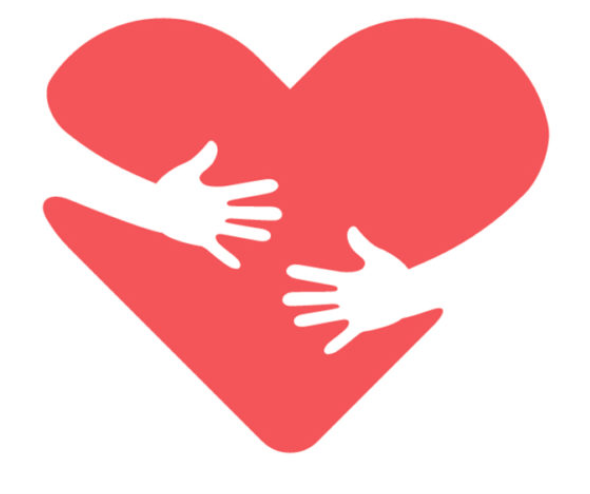
“Do not let any unwholesome talk come out of your mouths, but only what is helpful for building others up according to their needs, that it may benefit those who listen” (Ephesians 4:29).
I memorized this verse as a child and earnestly sought to live it out. For most of my adolescence, I thought it meant being nice and cordial to the people around me. After learning about trauma-sensitive language, the verse has taken on a whole new meaning for me.
I now am aware of the diversity of experiences I might encounter on a daily basis in my congregation members or clients. I must remember each individual has a different story and has experienced things that caused deep pain and harm in their lives. I must remember we all handle things differently.

Amidst the busyness of life, it can be hard to take time for yourself, let alone get the care you need. In this interview, Holly Oxhandler provides insight on the importance of self-care and the best ways to cultivate it for yourself and others during any season.
Holly Oxhandler, Ph.D., LMSW is the Associate Dean for Research and Faculty Development and an Associate Professor at Baylor University’s Diana R. Garland School of Social Work. Dr. Oxhandler has studied the intersection of faith and mental health over the last decade and is particularly interested in the degree to which mental health care providers discuss and integrate clients’ religion/spirituality in mental health treatment. She’s also the co-host of CXMH, a weekly podcast on the intersection of faith and mental health, and is currently writing her first book to translate her research on this intersection for everyday helpers.
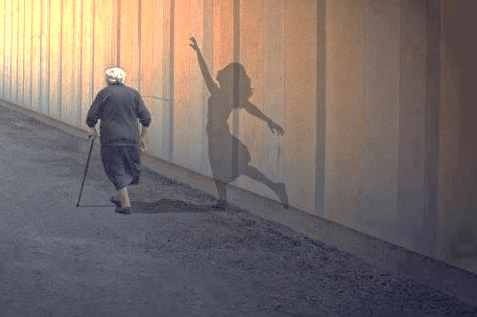
Through the expansion medical care and technological advances, the lifespan of older adult women has progressively increased. According to the National Vital Statistics Reports of the U.S., in the year 2017, the national average of female life expectancy is the age of 81. Compared to the 1920s, female life expectancy was the age of 54. Older adult women are living longer and are experiencing the world through many significant changes throughout the lifespan. They experience milestones of struggles, hardships, love, and laughter throughout their lifetime that is monumental to their well-being.
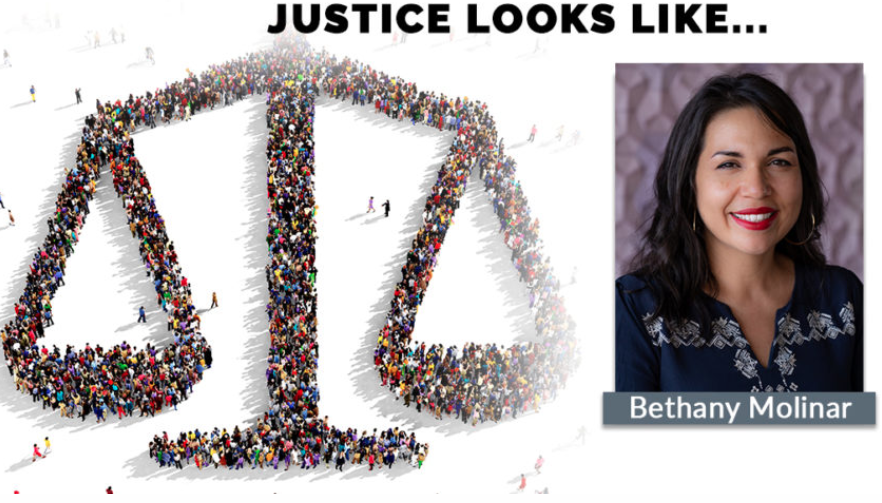
I was born, raised and now live in El Paso. El Paso is a great place to live if you like to run, and I do. My runs regularly take me up to a place where I can see all three cities and states that adjoin each other here.
A few weeks ago, while on a morning run on my usual route, I noticed two things at a distance I hadn’t realized could be seen from my vantage point.
To the left of my viewpoint was a thick black line in stark contrast to the natural colors of the desert landscape. This is a part of the border wall funded by private donations.
Directly across and above this wall is Mount Cristo Rey, which sits on both sides of the international border between the United States and Mexico. The mountain is named for the statue of Christ located at the top of the mountain.
The figure of Christ stands in front of a giant cross. His eyes gaze out over the borderland, and his arms are outstretched with his palms facing outward over three cities and two nations.
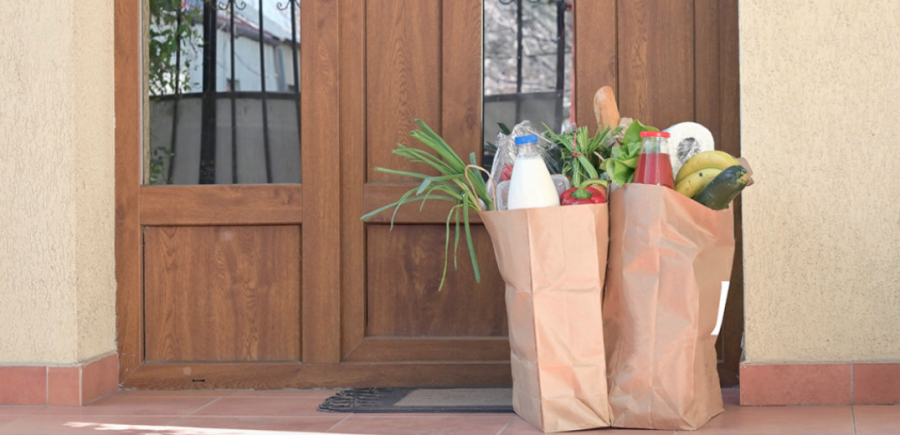
As we wait for healing and solutions to the distress of the coronavirus pandemic, we seek revival like the people of God sought during the time of the prophets.
We desperately search for stories of God working, despite the little we have or the sickness we are trying to understand.
How is the church responding? How should the church respond? Who are the prophets of our time, and how are they responding to the call of God?
Congregations around the country are seeking to answer these questions in new and unique ways. In Waco, as elsewhere, many institutions have responded to COVID-19, seeking fresh ways to love their neighbor like Christ would have us do.
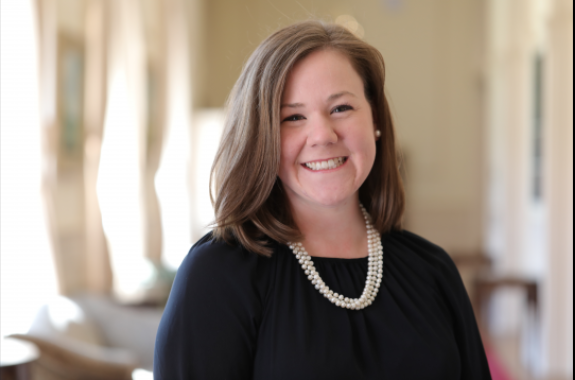
With unique challenges in 2020 related to COVID-19, the University has acknowledged those hardships for all in the Baylor Family by taking the initiative to focus on mental health throughout October.
Baylor University’s Holly Oxhandler, Ph.D., LMSW, associate dean for research and faculty development and associate professor in the Diana R. Garland School of Social Work, is an expert on mental health, primarily anxiety and depression, as well as religion and spirituality in clinical practice.
In this Q&A, she shares tips and resources to students, faculty and staff who are facing all of the typical challenges of another mid-term while also navigating a global health crisis.
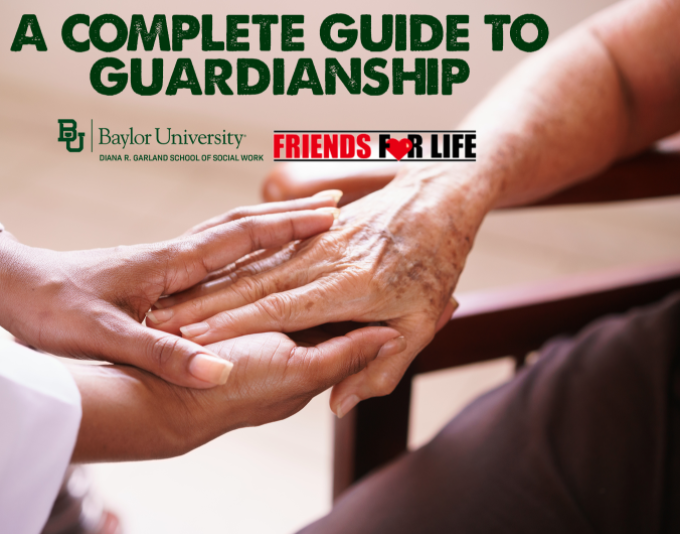
Ruth was elderly, a widow, very hungry and giving $1,000 checks to anyone who came to her door if they would just bring her something to eat. Most took the money, but didn’t bring back any food. She gave her car away to someone who promised to bring her food. She was about to sign her house away when Adult Protective Services got involved. The court appointed a guardian for her who ensured she was never hungry again.
Stories like this can be heard time and time again, all across our country. The protection of vulnerable Americans has never been more important. In particular, persons with disabilities and advanced age live into devastating vulnerability, desperately in need of a trustworthy, well-informed and committed guardian. Baylor University’s Diana R. Garland School of Social Work (GSSW) and Friends for Life have partnered to offer an online educational opportunity for anyone wanting learn more about guardianship.

Some see addiction as a disease that stems from biological factors. Others see it as a moral failing that stems from the choice to sin against God. Addiction, however, is formed through various influences in a person’s life, including biological, psychological, spiritual and social factors.
Addiction does not discriminate by color, background, status or gender.
Addiction to alcohol or drugs is characterized by the repeated use of the substance, despite consequences that include personal loss, harm to oneself or others, and damage to property.
The word “addiction” is derived from the Latin word addicere, which means to have no voice and to surrender oneself to a master.
Paul’s self-description in Romans 7 fits addiction very well. He did not understand what he did. He did what he did not want to do, even doing the very thing he hated.
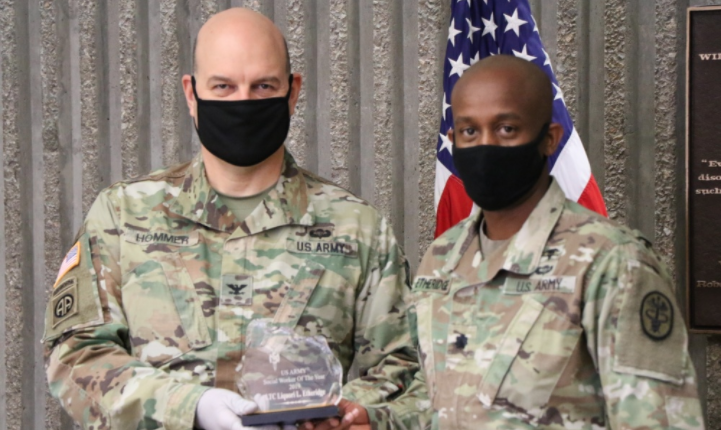
Lt. Col. Liquori L. Etheridge isn't a man of few words but, after winning the Army's Social Worker of the Year for 2020, he was left speechless. Etheridge, who works in the Department of Social Work at William Beaumont Army Medical Center, was named the Army's Social Worker of the Year for 2020.

Mark Wingfield makes a compelling case that “You cannot follow Jesus and endorse racism.” However, he may have placed the “Period” of his title a little too soon.
I do believe the biggest problem in perpetuating racism is the “virulent white supremacist views” of people of faith, but I believe that virus is far more widespread than most of us white progressive Christians care to admit.
Let me be clear in my agreement with Wingfield. As he says, “The Jesus of the Gospels allows no room for being a racist or enabling racism. White supremacy and racism are wholly incompatible with a Jesus way of life.” And, Donald Trump’s white supremacy does contribute significantly to empowering hate groups and sustaining our culture of racism.
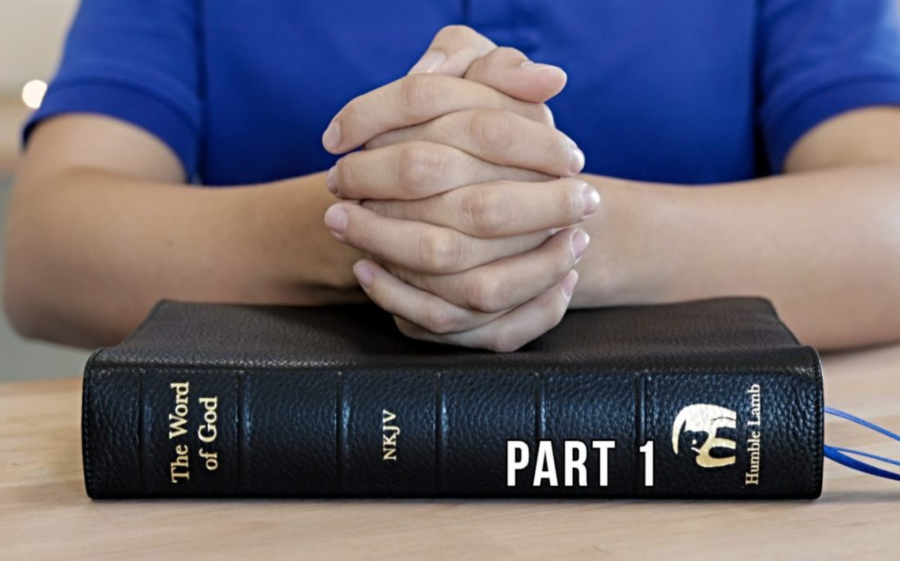
I was the pompous Christian college student who spent time with friends memorizing Scripture, even if I didn’t truly live them.
It was misplaced rigor, misguided piety and an out-of-focus faith. I could spit these passages out and talk about the virtue of humility, but practicing humility was not my strength.
My whole Christian fraternity and I memorized Philippians 2:3-8, but I missed the point. I had plenty of selfish ambition and was truly blind to what this passage meant.
Furthermore, my selfish ambition and vain conceit was tied up in my views of race.
Born in Vidor, Texas, a well-known sundown town, I was influenced by white supremacy in the earliest years of my life.
My white racial identity was a standard by which I compared myself to others and the norm against which others were seen as different or less than.
By white, I don’t simply mean skin color. White is not ethnicity or nationality. To be white is one thing, but the pride in whiteness is problematic given how whiteness was created to marginalize, oppress and enslave as part of our nation’s history.
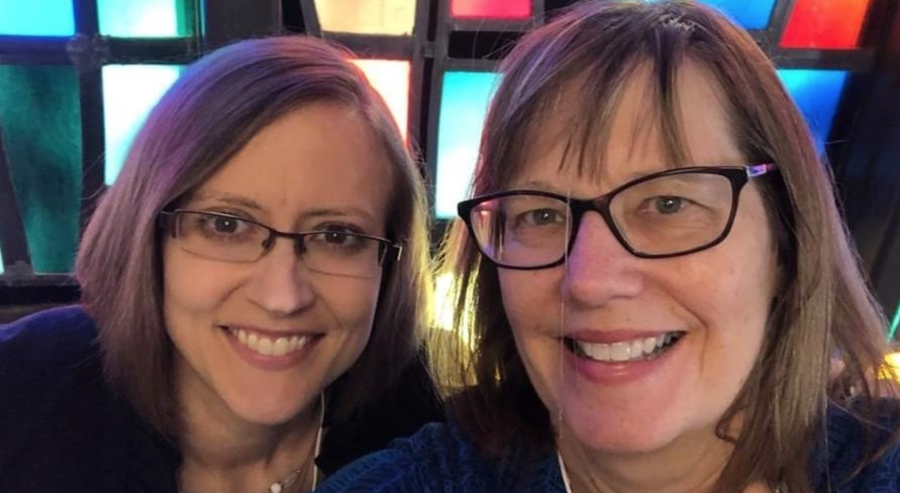
Editor’s note: Laine Scales and Melody Maxwell have written a new book about the history of the Carver School of Church Social Work at Southern Baptist Theological Seminary, its 1997 closing and its legacy carried forward at Baylor University. What follows is an excerpt of the Epilogue to their book.
In November 2017, Kristen Tekell Boyd stands in the pulpit of Truett Seminary’s chapel in Waco, Texas, and preaches, taking Ezekiel chapter 37 as her text. As she describes the valley with the prophet Ezekiel coming upon the dry bones, she reads a key question from the Scripture: “Can these bones live?”
This question might have been asked 20 years before when Carver School of Church Social Work closed in 1997, an event that seemed like a death to many of its alumni.
She continues, “God created (these bones) from the dust, and God is the only one who can breathe life into them once again.” After recalling several stories of loss and death, Boyd assures her listeners that God is with us. She closes her sermon with a hopeful directive: “Let us be a people that rise and bear witness; rise and remember!”
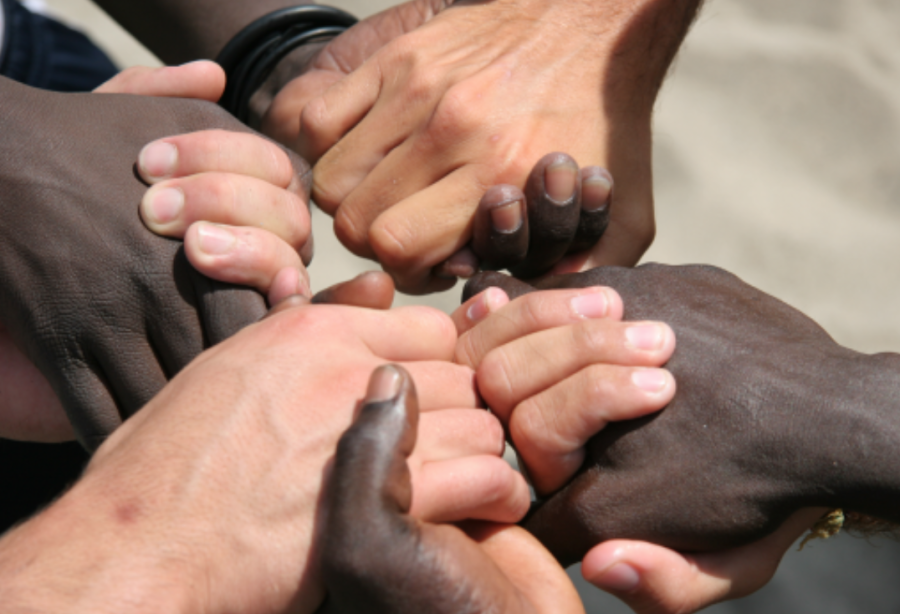
WACO, Texas (July 20, 2020) – As individuals and institutions across the country consider necessary changes to effectively fight racism, two terms are gaining familiarity: cultural humility and antiracism.
Kerri Fisher, LCSW, an expert in cultural humility training and lecturer in Baylor University’s Diana R. Garland School of Social Work, defines those terms and shares five tips to help people cultivate cultural humility and antiracism in their personal and corporate lives.
“We are all impacted by the supremacist cultures that socialize us,” Fisher said, “so while we are not responsible for our first thought, we are responsible for our second thought and our first action. This means we must be brave enough to admit when our brain, body and behaviors are exhibiting racist reactions.”
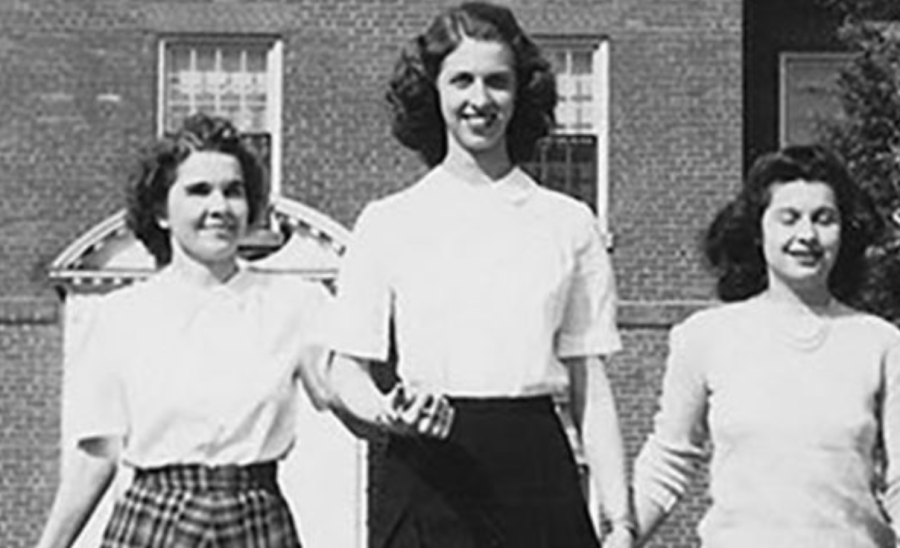
Laine Scales at Baylor University believes the history of a school that ceased to exist 23 years ago is worth telling because of what it reveals about changing Southern Baptist attitudes toward gender roles and social ministries.
Scales, a professor in Baylor’s Diana R. Garland School of Social Work, and co-author Melody Maxwell, associate professor of church history at Acadia Divinity College in Nova Scotia, Canada, wrote Doing the Word: Southern Baptists’ Carver School of Social Work and Its Predecessors, 1907-1997.
Scales and Maxwell trace the history of the school through its various iterations—the Woman’s Missionary Union Training School for Christian Workers, the Carver School of Missions and Social Work and finally the Carver School of Church Social Work at Southern Baptist Theological Seminary.
In spite of “twists and turns” along the way, Scales sees one constant: “It’s never a predictable or boring story.”
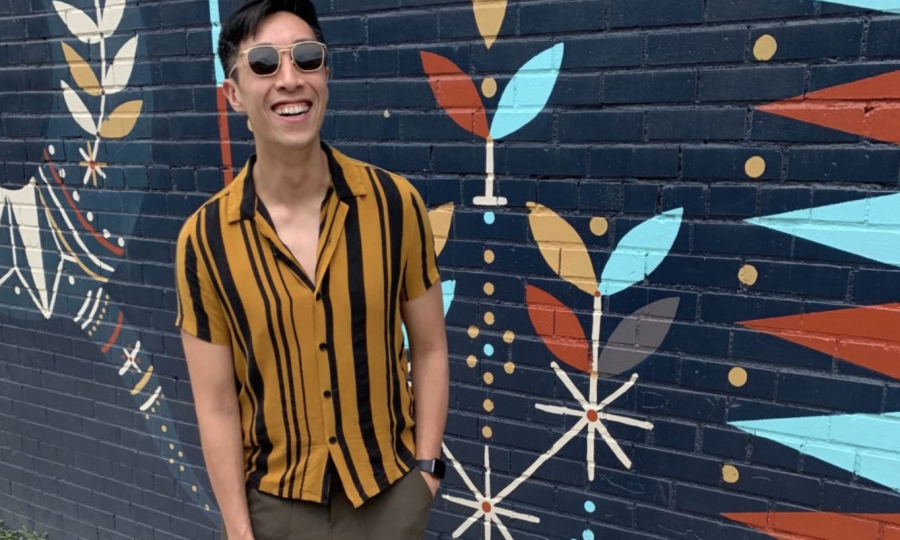
I grew up in Houston, Texas, in the most diverse county in America. Growing up, I was most fascinated by my Social Studies classes, especially when we discussed the sections on human and civil rights movements. For college, I attended Baylor University, where I received my Bachelor of Science in Nutritional Sciences and was pre-med. The sciences was not a fulfilling track for me, and I quickly found out that I was meant to do something different. Shortly after working at MD Anderson Cancer Center as a nutritionist, I switched tracks and went back to Baylor to attend graduate school, where I received a Master of Divinity (MDiv) and Master of Social Work (MSW). My first MSW internship was working with homeless and unaccompanied youth in the Waco Independent School District. I primarily worked with high school students, many of whom had been kicked out of the house and were living in foster care or in group homes.

I have seen you in the sanctuary
and beheld your power and your glory (Psalm 63:2 NIV).
Nature calms me and reminds me in times of doubt and feeling disconnected from God that the Creator truly is. I find assurance in the creativity of each leaf, tumbling stream, dipping valley, rolling wave, bird song and even the blade of grass surviving against all odds in the crack of the sidewalk.
The minute details of nature act like a balm to my weary soul. They remind me with a fierceness something has been here creating and is still here creating. Remembering this brings me to God’s sanctuary. Sanctuary is a word too often equated with a building. It actually means “refuge” or safety.” It means God’s very presence.
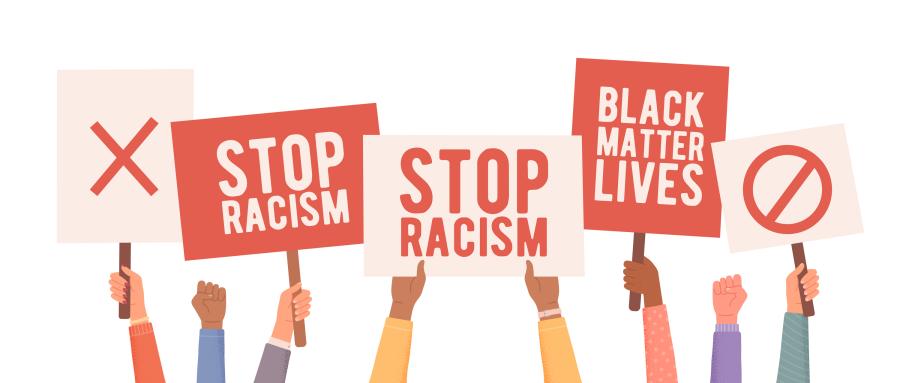
Recently, I had the privilege of hearing from our Black social work students in a Listening Session hosted by our departmental administration. The students were vulnerable and raw and brave. They expressed exhaustion and hope and disappointment. They pointed out ways in which the Garland School of Social Work could be better, Baylor could be better, and our curriculum could be more inclusive and supportive. Many of our Black, Indigenous, and Students of Color have likely felt this for many years, but they finally had the collective voice and platform to express this hurt. I am thankful for them and to them.
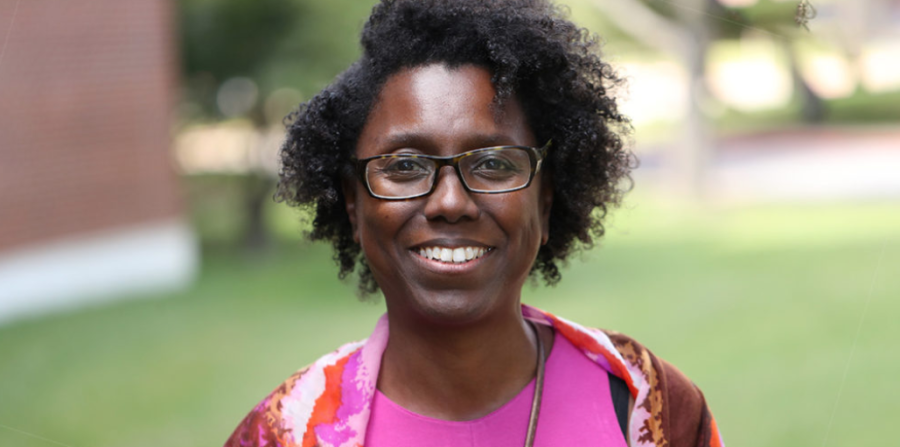
The Calvin Institute of Christian Worship has awarded Baylor University’s Dr. Stephanie Boddie a grant of nearly $18,000 to support ethnographic study of ways to create worship practices that integrate traditional theology, Negro Spirituals, storytelling and social history.
Amid increasing racial tensions and a decline in church attendance by millennials, Boddie’s research project focuses on establishing worship practices that help African American churches reconnect spirituality with the social justice legacy of the African American Church. The research will also examine how corporate worship practices, coupled with individual spirituality, creates transformative church experiences and communities.
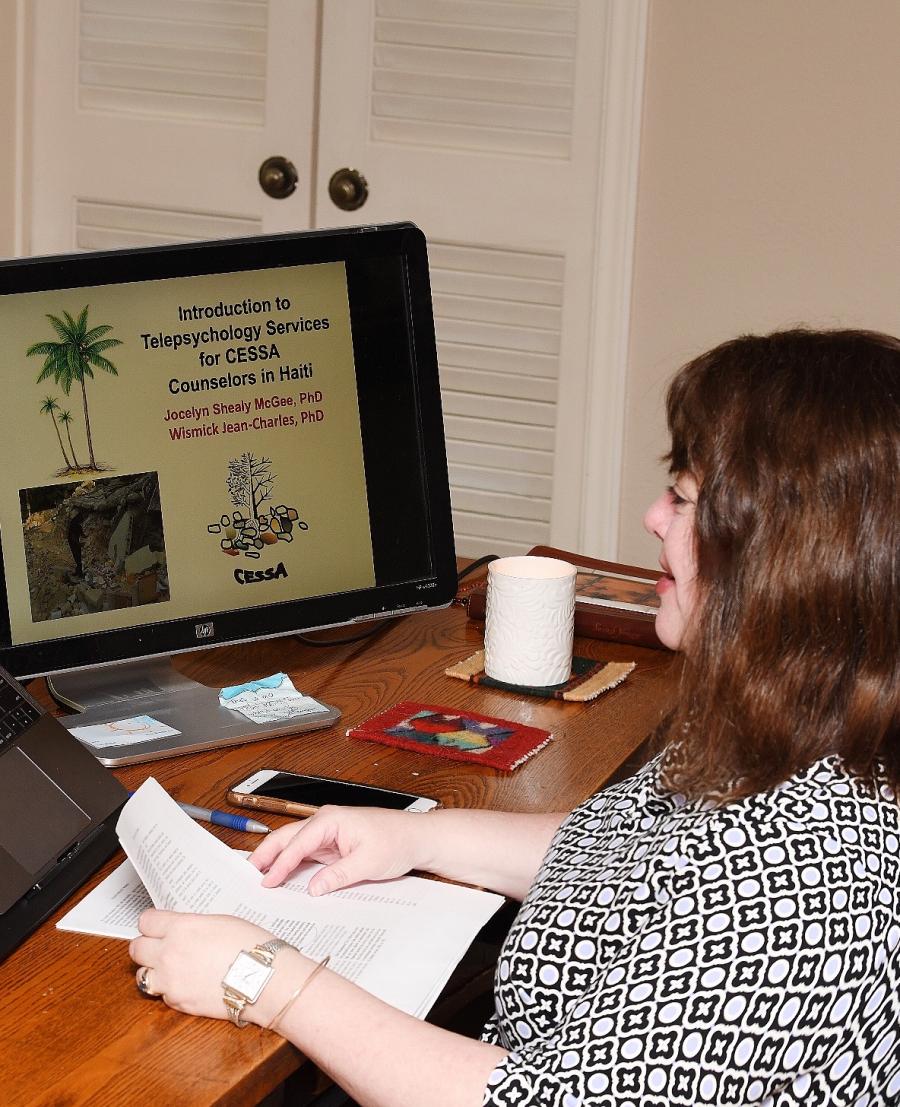
Dr. Jocelyn McGee, Garland School of Social Work assistant professor, recently answered the call from Rev. Dr. Wismick Jean-Charles, Vicar General of Monfort Ministries for the World, to collaborate on a developing a telepsychology program and training in Haiti for the Center for Spirituality and Mental Health (CESSA) in response to the COVID-19 outbreak in the country.
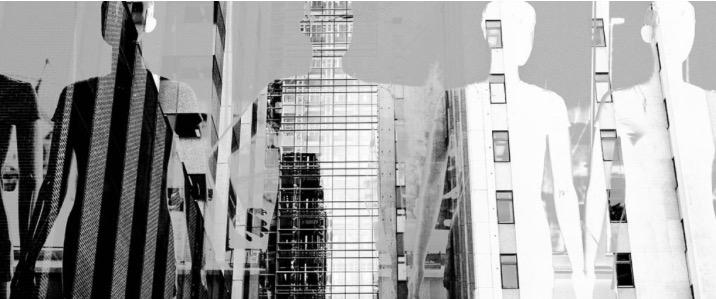
As states re-open and congregations create their plans in response to COVID-19 for returning to corporate gatherings, the questions at hand may look very similar for church leaders: “How do we move forward? What do we need to consider or listen to? Who needs our care? How will our worship, fellowship and service look different going forward? What resources already exist in our community?”
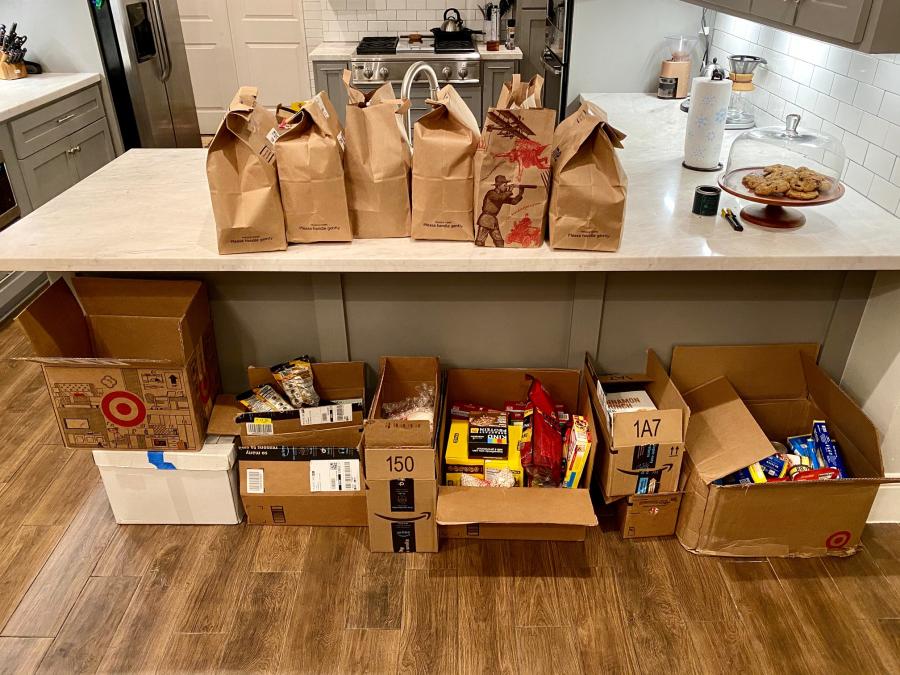
According to study after study, college students suffer food insecurity at alarming rates. Many face the reality of having no idea where their next meal will come from. Houston MSW student Joyelle Gaines hopes, however, to make this a thing of the past with a new venture called the Joy Store.
The Joy Store is a student food pantry that opened this semester on our Houston Campus thanks to Joyelle’s advocacy, and she hopes it will help students just like her.
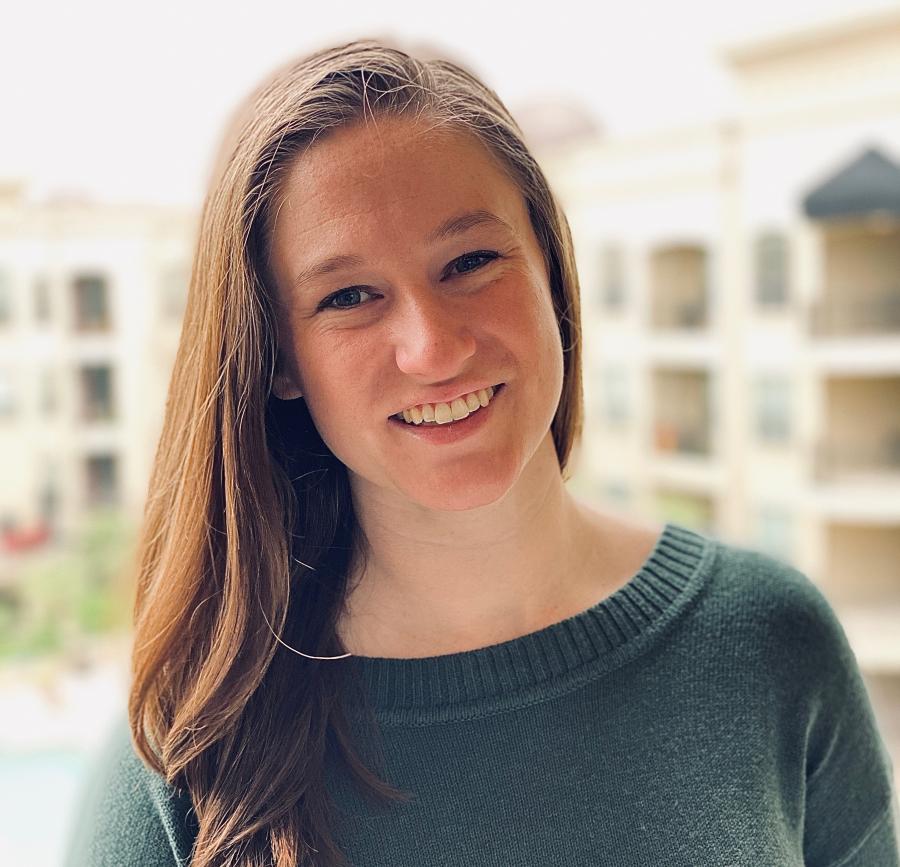
The Garland School of Social Work proudly salutes the MSW Intern of the Year, Clinical Practice: Megan Jennings.
Megan is a dual-degree student from Rockford, Illinois, who began her Baylor career in 2012. She graduated is 2016 with a BA in religion, and then started her MDiv/MSW classes. She completed her coursework at Truett Seminary in the spring of 2018, and entered the MSW program in August. This month, she completed her educational journey.

The Garland School of Social Work proudly salutes the MSW Community Practice Intern of the Year: Katherine Reynolds.
Katherine is from St. Louis, Missouri, and began classes at Baylor University in 2015. Though she did not initially choose Baylor for social work, through the recommendation of friends, she said she quickly fell in love with the GSSW.
“I changed my major to social work after participating in the Poverty Simulation hosted by Mission Waco,” Katherine said. “I have always felt a passion for service, and, after discovering social work, found a way to turn this passion into a career.”
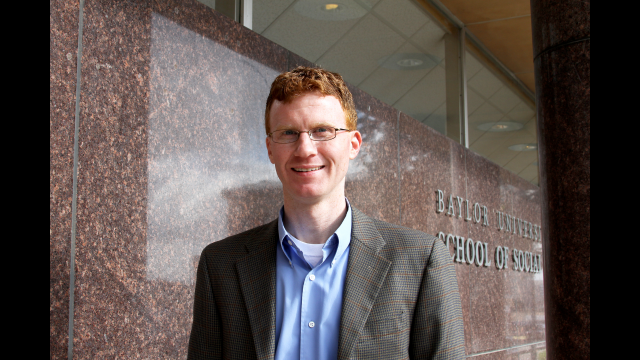
WACO, Texas (May 5, 2020) – Twelve Baylor University professors have been honored with Outstanding Faculty Awards for teaching, scholarship and contributions to the academic community for the 2019-2020 academic year.
The Outstanding Faculty Awards recognize the best all-around professors – including non-tenure track, tenured and tenure-track faculty – based on teaching capabilities, research achievement, time spent with students and church and community service.
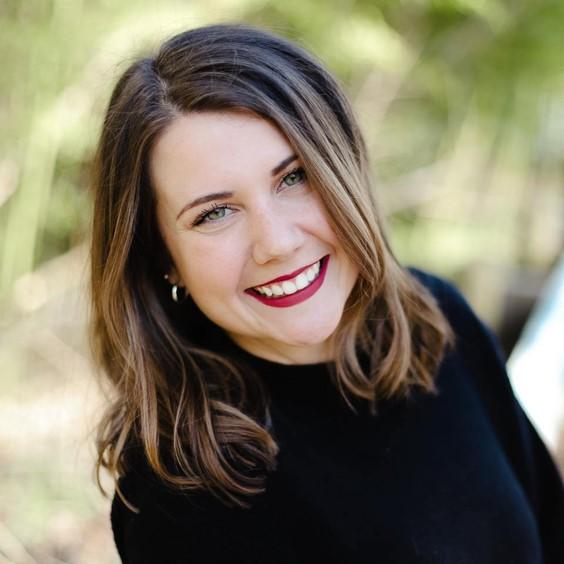
The Garland School of Social Work (GSSW) proudly salutes Laken Shelton, the 2020 BSW Intern of the Year. Laken is a senior from Henderson, Texas.
Laken never thought she would pursue a career in social work. But, having grown up with social workers in her life through the foster care system, she looked into it at her mother’s suggestion as classes began at Baylor. Laken declared social work as her major that day and has never looked back.
“I do feel [now] that social work is my calling,” Laken said. “I am passionate about working and walking alongside children and families involved in the child welfare system.”

Abu Kamara excels both inside and outside the classroom and has known from his first semester of college that social work was right for him. Abu is an athlete, a humble academic and an aspiring social work rock star!
According to his classmates, Abu was the only male in his #BU20 cohort, and while this might be difficult for some, he has remained a "steadfast and humble learner throughout the years."
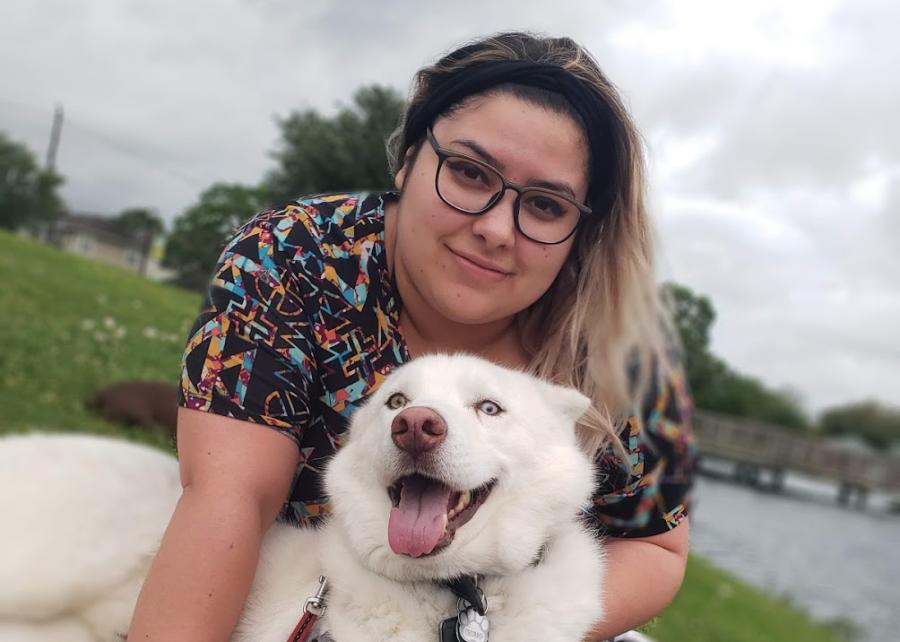
Social Work didn’t always run in the blood of MSW student Romy Nunes. It wasn’t until she spent three years working as a refugee case manager at Interfaith Ministries for Greater Houston that she was inspired to take her experience working with diverse populations in professional helping and pursue a career in social work.
After receiving her BSW from Texas Southern University, Nunes decided she wanted to attend a private university in Texas, and landed on the Garland School of Social Work Houston Campus.
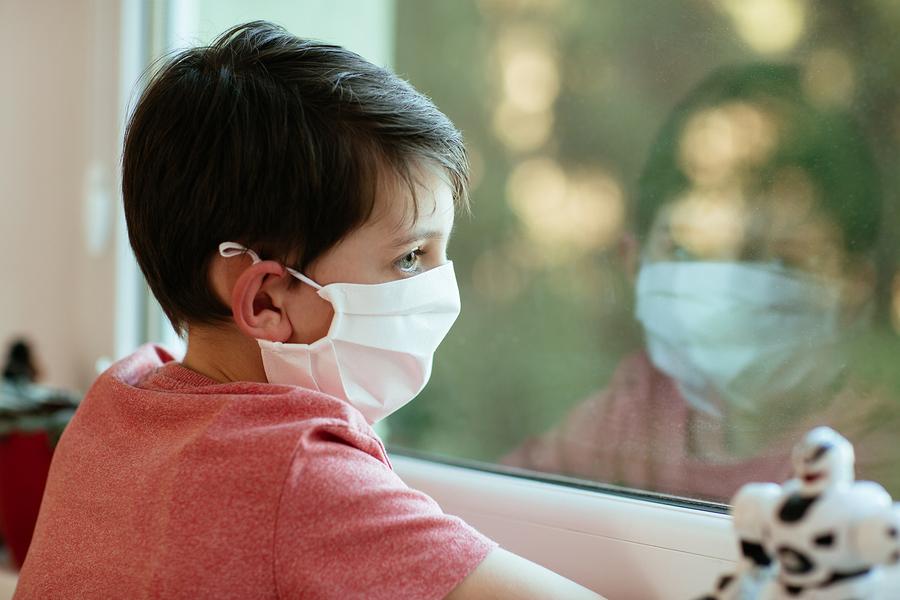
The past two weeks have been a whirlwind to say the least, shaking us to the very core, evoking mixed emotions from deep within namely: sorrow, grief, anger, frustration, fear, worry, depression, anxiety, confusion, tranquility, calmness, empathy, love, and gratitude. Everyday activities have come to a standstill as we are forced to stay at home; in a flash, life has turned upside down with death and destruction of people’s livelihood across a large number of nations. Suddenly, we are faced with a stressor called uncertainty, the fear of the unknown not just to us as individuals, but to us as citizens of this world. This monumental problem of COVID-19 has forced us into a crisis-mode, with great devastation caused by something only visible under the microscope; coming to us like a thief in the night confronting our very existence.
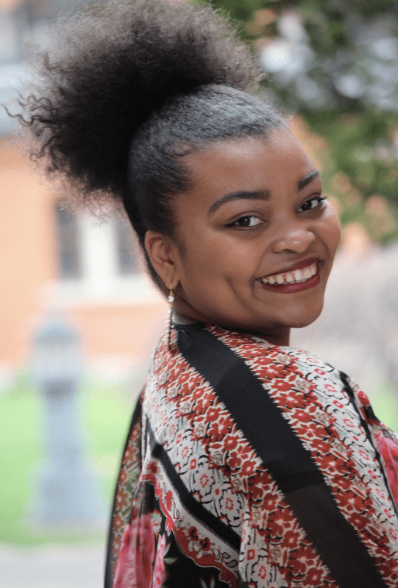
When her husband proposed, he did so with her deposit for Baylor. He told her he would always support her and never get in the way of her dreams.
Lucky for her, and for those whose lives she’s touched since, this promise made to Joyelle Gaines was kept, and is a gift that carries with it an impact that continues to this day.
After growing up in Newark, New Jersey and attending Saint Vincent College in Pennsylvania, Gaines discovered what she wanted to do with her life in a distinct moment her senior year. She was working as a research assistant when she explained her career aspirations to her supervisor Dr. Junlei Li, who immediately told her what social work was and the available opportunities in the field.
“Even though I was a little upset I didn’t know about it sooner, it actually turned out that my four years spent in psychology, communication and children’s studies at Saint Vincent thoroughly prepared me for the social work field,” Gaines said.

In the evolving dynamic of COVID-19, we have witnessed our world turn upside-down. The normal routines of life, work and play look completely different than they did a few weeks ago.
As followers of Christ, our way of worship and of gathering together in a sanctuary space has shifted. As businesses close down and events get cancelled left and right, congregations are doing their best to press forward. They are restructuring their way of fellowship, teaching and outreach.
While our congregations may be closing their doors physically, I am deeply moved by how they are opening their hearts, arms and minds to new ways to reach their members and their neighbors.
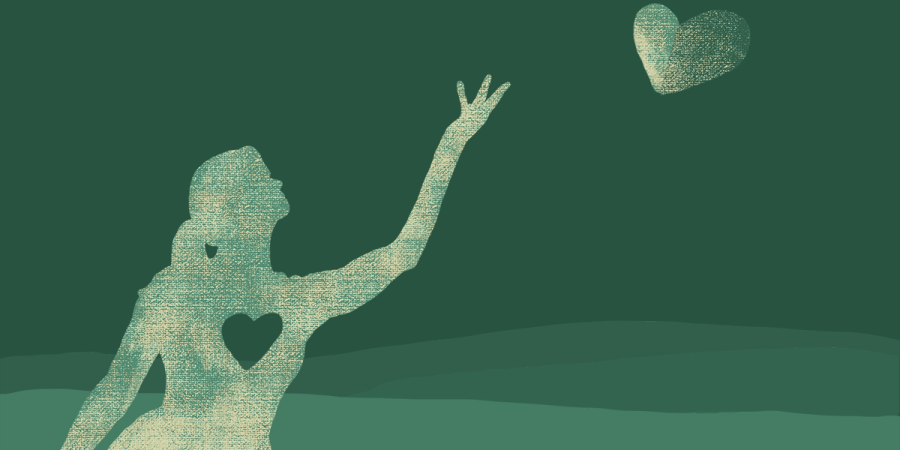
Grief can present itself in a number of different ways. It can manifest as anxiety or depression, or even depression and anxiety at the same time. We may notice changes in our own behavior we can’t explain, or maybe changes we don’t notice, but others do. That’s all the more reason to be patient with our loved ones, friends, strangers, and perhaps most importantly, ourselves.
The first step to approach and manage the condition of grief is to recognize and claim our feelings about what we’re experiencing. A lot of people aren’t accustomed to this, or it may make them uncomfortable, but almost the whole world is experiencing a collective grief right now, and if we can name and claim these feelings we’re having and talk about them with each other, we can begin to cope.
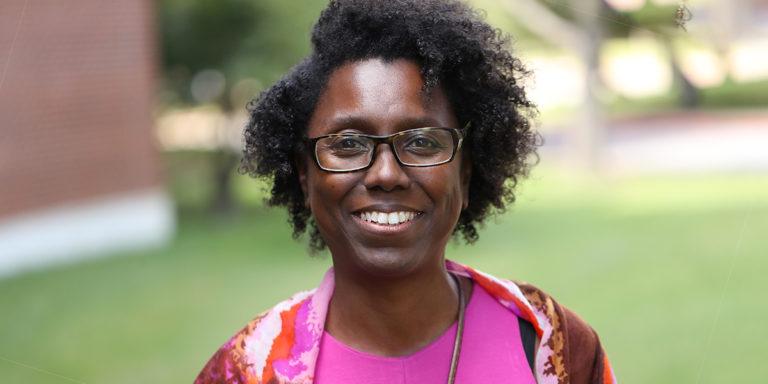
Baylor’s focus on offering a distinctly Christian educational environment includes cultivating thought leaders who can help congregations answer the call of societal challenges. Dr. Stephanie Boddie, an assistant professor of church and community ministries at Baylor, is one of those leading the way.
Boddie is known nationally for her research on congregation-based social services and trends in faith-based initiatives. Over the years, much of that research has been through the lens of the black church, with a focus on the social and entrepreneurial approaches these institutions have used to address disparities in wealth, health and food insecurity in their communities.

Can you experience grounded, present, awareness? So much is changing around us. How are you handling it?
Higher education has been in flux for many years with financial and technological upheavals changing so much of what we as faculty and staff understand about ourselves in our institutions of teaching and learning. To this, the crisis of Coronavirus is completely overwhelming. Financial burdens are even more significant. Our dependence on technology is all-encompassing. Students struggle with the anxiety of it all and we are hardly prepared to respond given our own anxieties.

Maundy Thursday didn’t come naturally to me. Growing up Southern Baptist, we didn’t celebrate Holy Week, or much of anything from the church calendar, except for Christmas and Easter. In seminary, I remember being asked how you get to Easter if you don’t recognize Good Friday or Maundy Thursday.
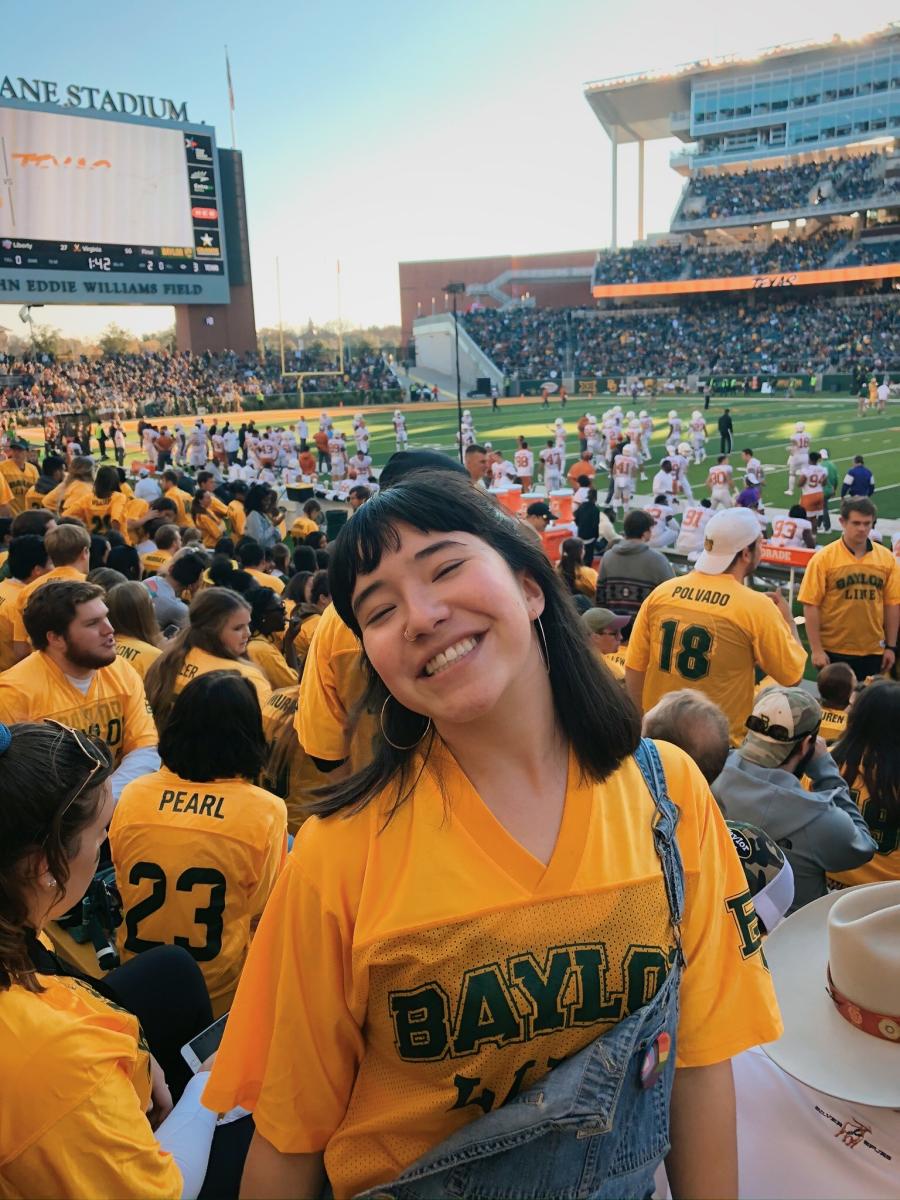
Humility, curiosity and leadership.
These three characteristics have been used to describe senior Colorado Springs native and 2020 Garland School of Social Work (GSSW) BSW Outstanding Student recipient Megan (Meg) Peck.
Though she didn’t know what social work was at the beginning of her freshman year, this posture of open-mindedness is perhaps what led Peck to listen to the many voices repeatedly telling her it would be a good fit.
“I always wanted to be a counselor, but I appreciate how the profession of social work puts an emphasis on social justice and cultural humility,” she said.
Fast forward three and a half years at the GSSW and Peck has experienced community, growth and encouragement all while discovering her passions and using her voice to bring about positive change.
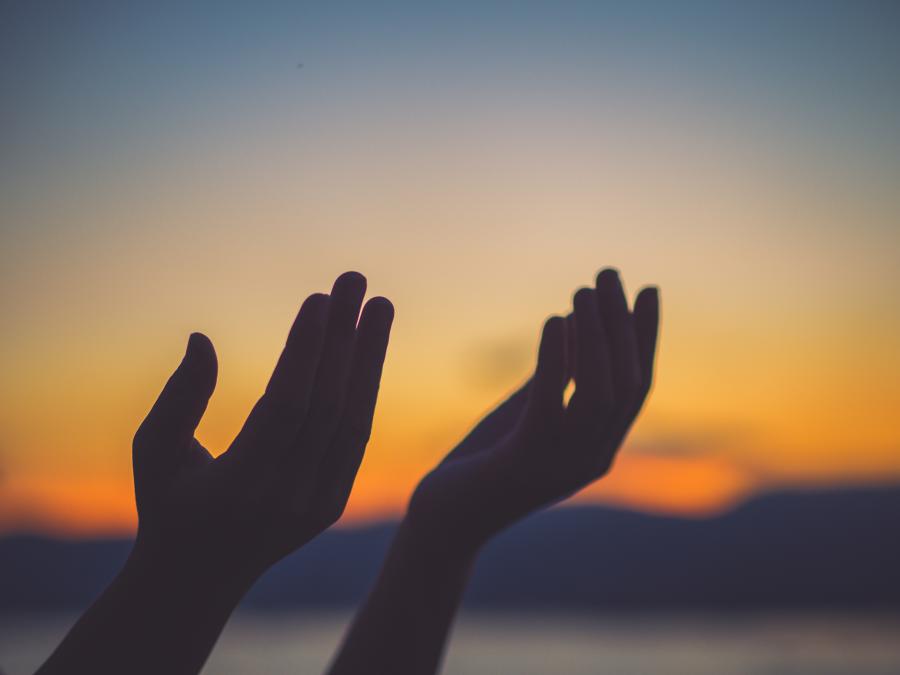
These are disorienting times. Due to COVID-19, our professional, relational and recreational routines as American Christians have been disrupted by quarantines and social distancing. In our typically fast-paced world, it feels strange when things suddenly come to a halt. But what if God is using our disorientation for reorientation? What if, amid the coronavirus pandemic that now envelops us, we can rediscover the importance of Sabbath?
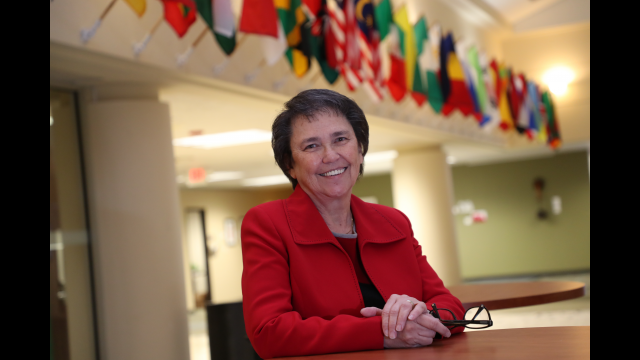
WACO, Texas (March 26, 2020) – For the week ending March 21, a record 3.28 million workers applied for unemployment benefits, a result of the sweeping economic consequences of COVID-19, according to a report from the U.S. Department of Labor.
In the proverbial “blink of an eye,” many find their neighbors, friends, family – and even themselves – out of jobs that only a few weeks ago seemed safe and secure.
The jobless are grieving. What’s our role? How do we help? How do we engage?
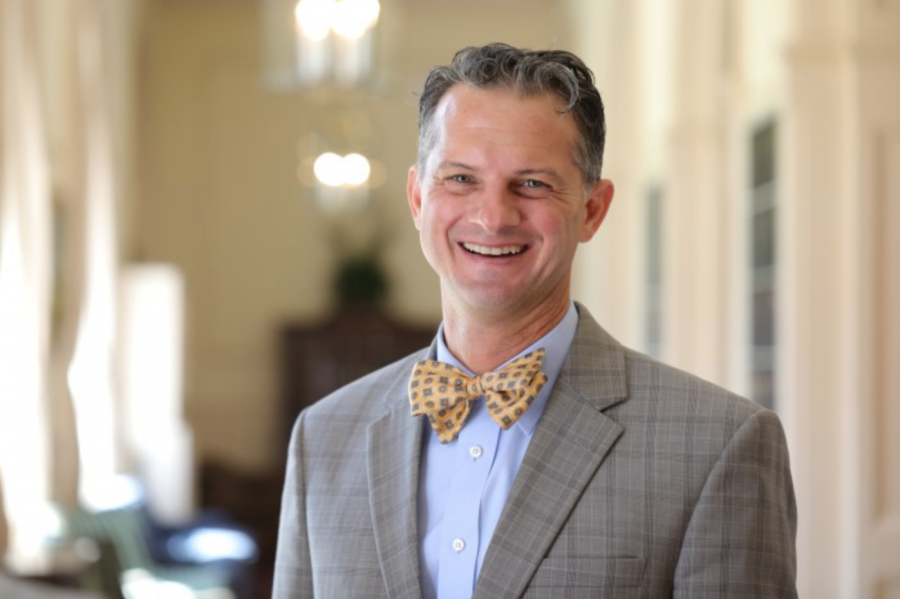
On Sunday I watched the news – until I couldn’t watch it any longer. I doubt I learned anything new during those three hours. I confess that I’ve never been much of a Sabbath observer, but I can say with confidence that there was nothing about Sunday that felt like a day of rest (except sleeping in and tuning into our church’s online worship service while still in my pajamas).
On Sunday I needed rest. I sat around all day, but it wasn’t rest. A big chunk of the day was spent consuming news that wasn’t new, except for the God-awful, rising number of COVID-19 cases and casualties, which only further prevented any sense of rest. Watching the news only fed fear and anxiety, doubt and disbelief.
#intimeslikethese
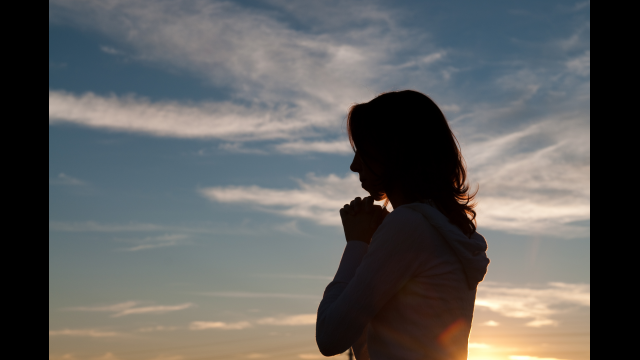
WACO, Texas (March 25, 2020) – In a difficult and ever-changing time of crisis surrounding the spread of coronavirus, the basic needs of health and safety come first. But as these basic physiological needs are met, the more advanced care for spiritual and mental health can remain overlooked or ignored altogether.
Baylor University’s Holly Oxhandler, Ph.D., LMSW., associate dean for research and faculty development and assistant professor the Diana R. Garland School of Social Work, is an expert on mental health, primarily anxiety and depression, as well as religion and spirituality in clinical practice.

WACO, Texas (March 17, 2020) – The Center for Disease Control and Prevention (CDC) has announced that older adults and people who have serious chronic medical conditions such as heart disease, diabetes and lung disease are at a high risk for the coronavirus.
The virus hit hard in late January at a nursing facility in the state of Washington, where a number of residents died. As a result, the CDC has recommended strong restrictions on visitors to long-term care facilities, and the health organization continues to preach limited physical contact and “social distancing” – creating intentional space of six feet or more between each person – to stem the spread of the virus.
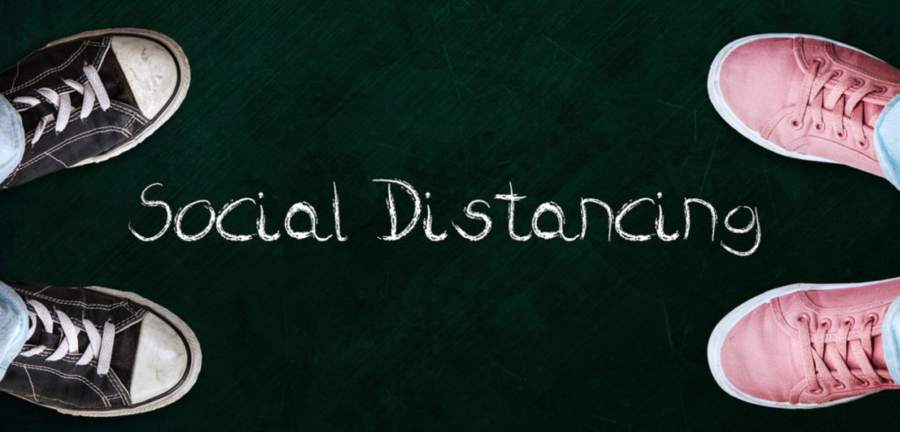
I’ve always considered myself an “outgoing introvert,” meaning I like people but prefer to be alone. It’s almost a week into social distancing, and I’m already starting to question if I’m actually a full-blown extrovert.
I find myself craving human interaction, and my house is feeling a little smaller than normal. My ongoing inner refrain has become, “This is what caring for your neighbor looks like,” and I’ve worked it into mindfulness exercises during these last few days.

What a difference a few weeks make in the way the world operates. Widespread limits on social interaction, closing of restaurants and other gathering places, and the moving of worship services to online-only experiences are just a few of the ways the world is a different place today. Political leaders insist the changes are both necessary and temporary. The importance of “flattening the curve” to reduce the rate of Coronavirus infection escalation is essential to protecting the most vulnerable among us. Limiting the size of crowds, elbow bumps instead of hugs, and three to six feet of space between us are some of the operationalizations of social distancing. Others include canceling sporting events and meeting for worship and education on-line.
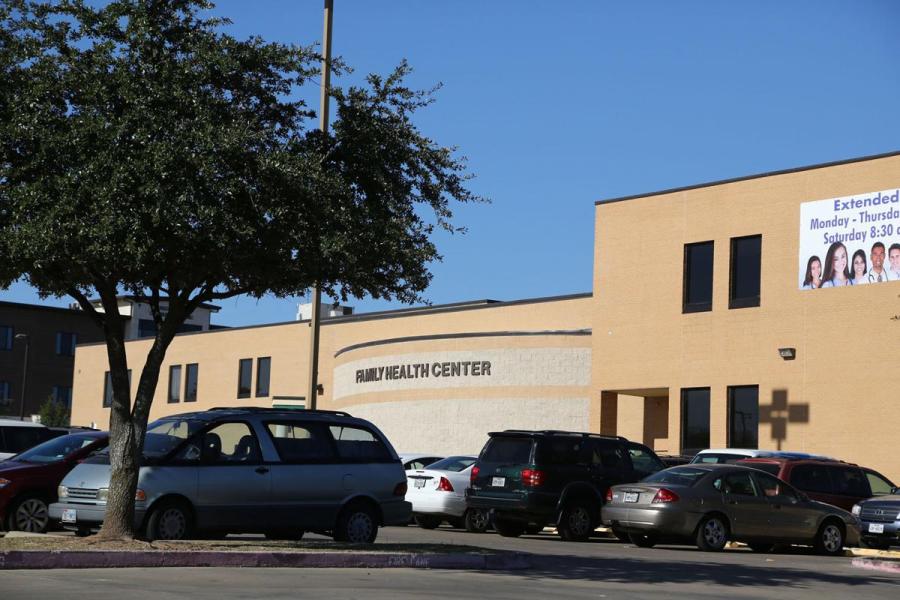
The Family Health Center of Waco won an award from the Texas Academy of Family Physicians for its model of integrating behavioral health care into doctor visits in its 16 McLennan County clinics.
The Behavioral Health Integration Innovators Competition awarded three Texas clinics for their models of behavioral health integration into existing primary care settings, with a $10,000 prize.
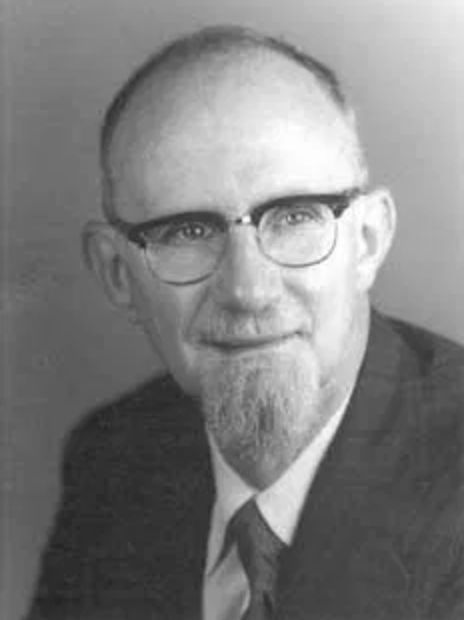
Dr. Alan Keith-Lucas (Keith) is one of the earliest and most influential leaders of the North American Association of Christians in Social Work (NACSW) and a seminal thinker and writer on the integration of Christian faith and social work practice. Many who knew him were both inspired by his understanding of faith and human behavior and energized by his practice wisdom as he valued every human being.
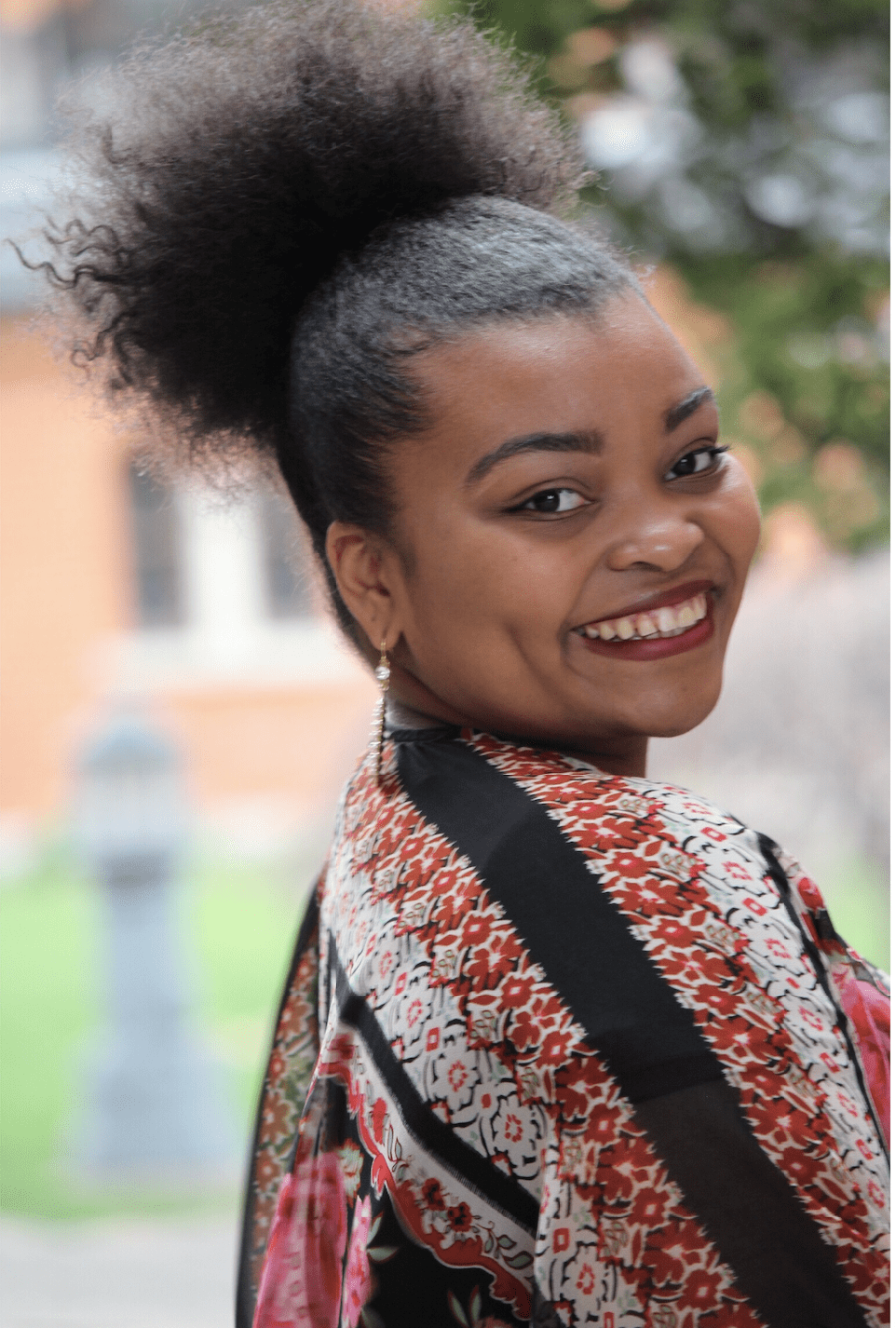
It’s that time of the year again, where we sing about what a wonderful time of the year it is. Hot cocoa, warm fireplaces, Friendsgiving’s and family gatherings galore make this time of year such a special and beautiful time for so many people. Although this season is full of love and giving, this year is hard for me because it is my first year without my sister. Last year on December 5th I lost someone very dear to me, my big sister, Kimberly. She was 28-years old and died from a 10-year battle with diabetes.
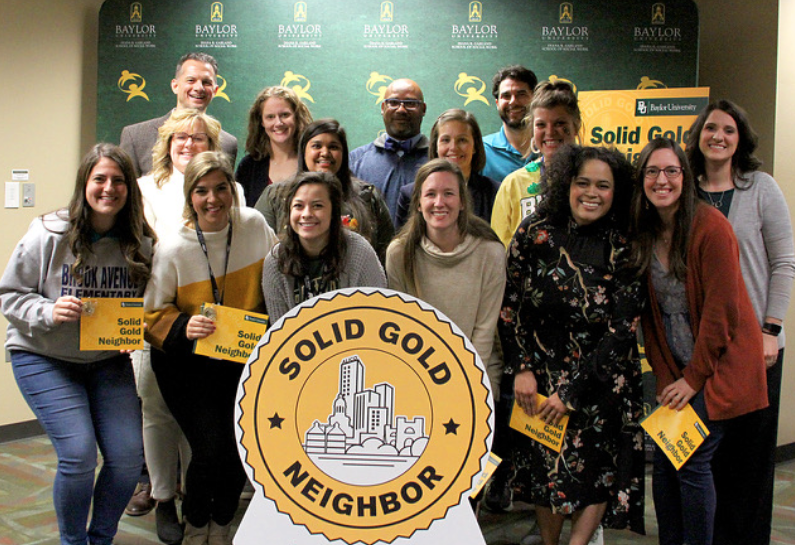
December 2019, Baylor's Diana R. Garland School of Social Work alongside Baylor's Office of External Affairs honored the BEAR Project as a Solid Gold Neighbor. The BEAR (Be Emotionally Aware and Responsive) Project, a collaboration between Baylor and Waco ISD, seeks to engage schools and families in the development of internal and external emotional resources that contribute to the social and academic success of children and, ultimately, strengthen Waco’s schools, families and community.
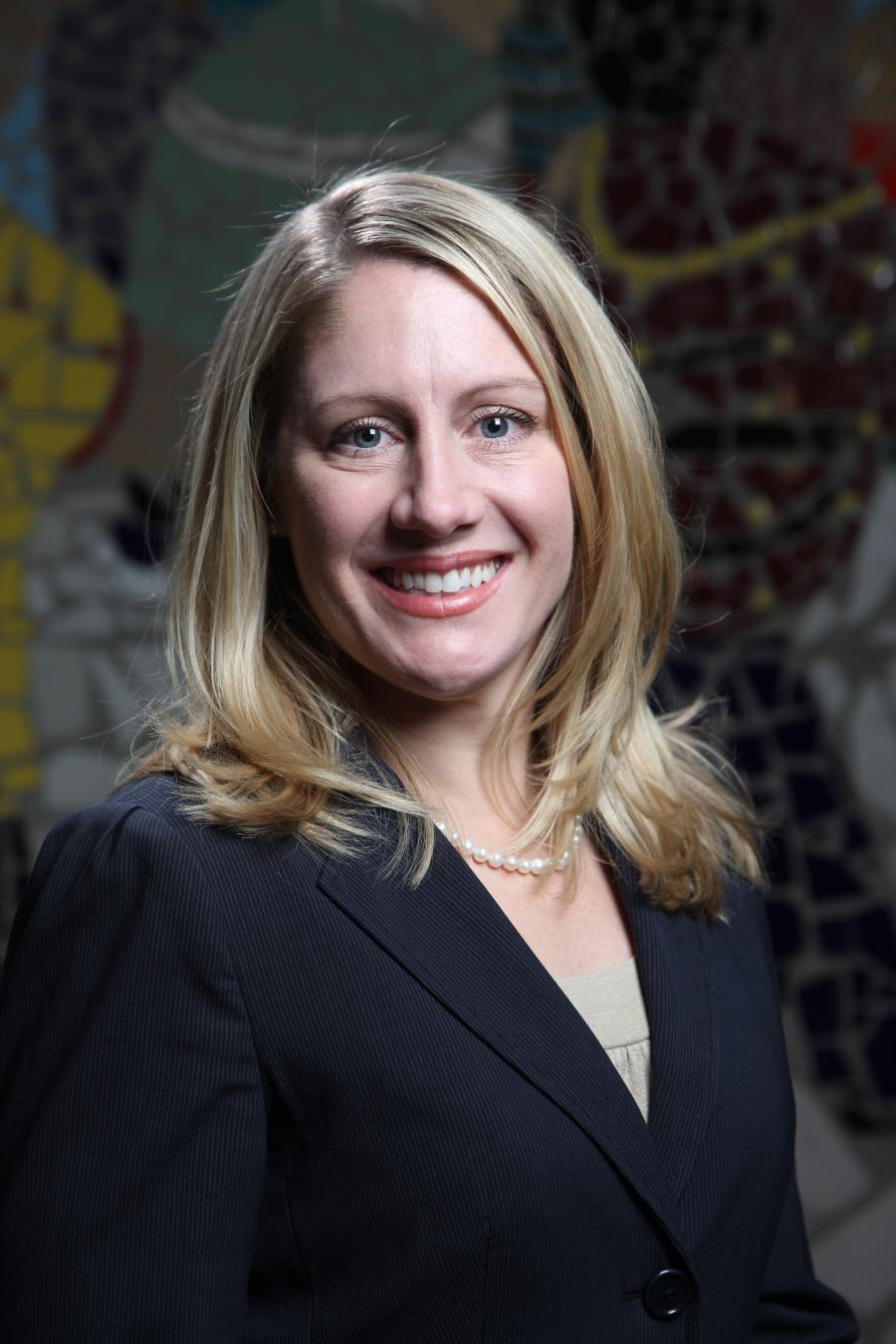
Danielle E. Parrish, PhD, has been named editor-in-chief of the Journal of Social Work Education (JSWE). She takes over from Dr. Joanne Yaffe, whose term ended in December 2019. Parrish will serve a 3-year term, 2020–2022, during which time she also will head the JSWE Editorial Advisory Board and serve as an ex-officio member of the CSWE Council on Publications.
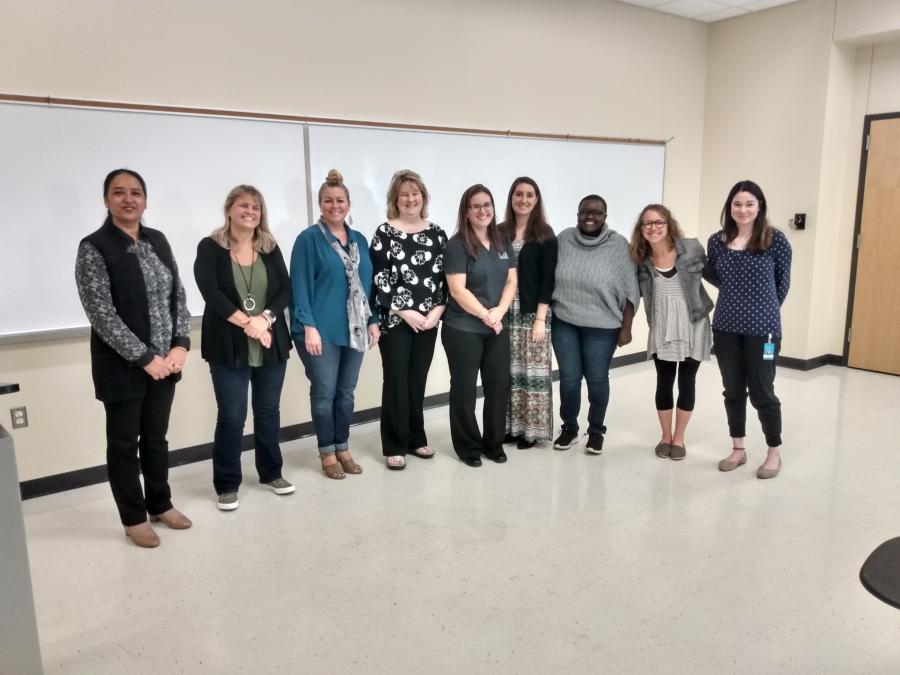
When given the opportunity to develop an innovation project for her Academic Leadership course, PHD student Kayte Thomas drew on her firsthand experience in refugee resettlement to create a program addressing a crucial obstacle for the refugee population: higher education. Through her research surrounding refugee experiences, Thomas confirmed the existence of structural barriers preventing access to a college degree. She also discovered a common thread in the need for guidance between the high school and college transition. This prompted her to create the BRIDGES program (Building Refugee Initiatives to Develop Goals for Educational Success) a peer mentorship program designed to connect college mentors with junior and senior high school students who are either refugees or children of refugees.
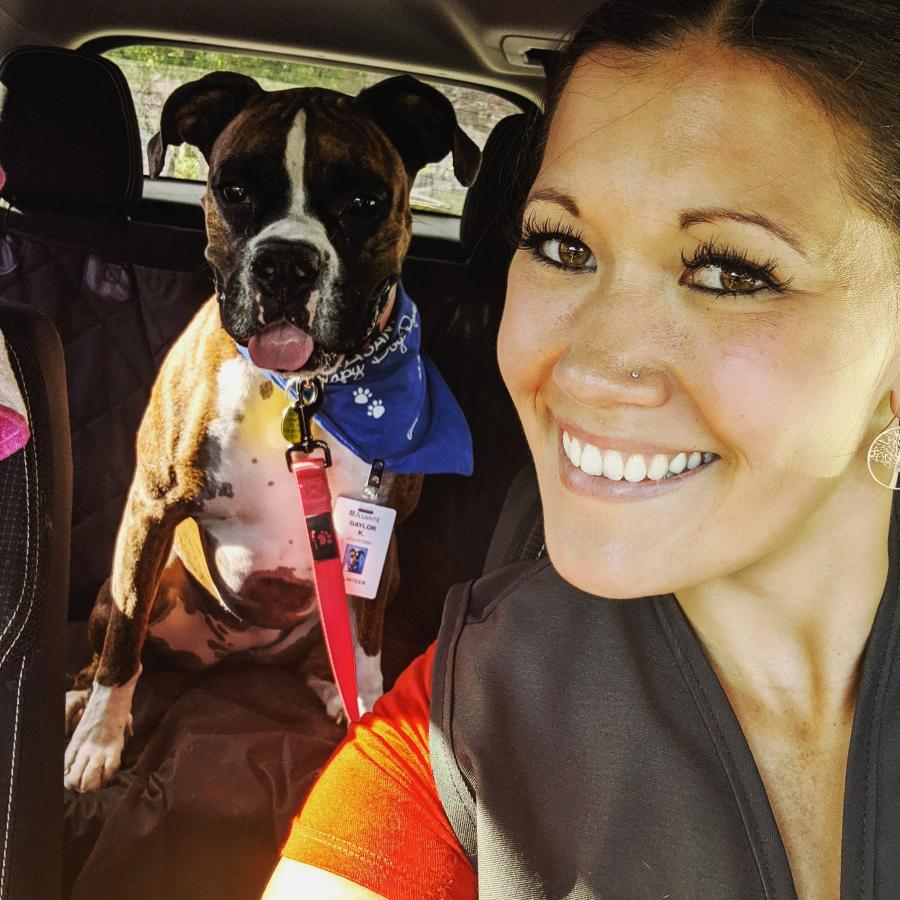
Tia Khachitphet, MSW ’15, is making a difference with her passion for helping youth when they are most vulnerable. She grew up in a mental health conscious household, where her mother worked as a psychiatric nurse practitioner, and her sister is a licensed marriage and family therapist. Tia’s interest in mental health was sparked when she learned her cousin, who had seemed to be on a path for success, had gotten into legal trouble. She became curious about the influences someone encounters, which lead them to make the choices of committing a crime. Tia learned how someone’s life can be drastically affected by an adverse decision, which motivated her to get involved
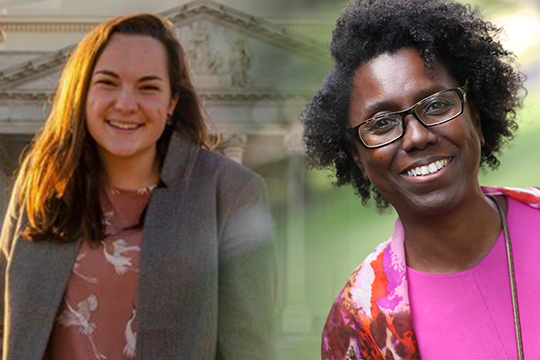
WASHINGTON, DC (September 17, 2019) – New research by Ana O’Quin (Baylor University ‘20) and faculty advisor Dr. Stephanie Boddie was published today by the Center for Public Justice (CPJ), a Christian civic education and public policy research organization based in Washington, D.C. Now in its second year, The Hatfield Prize (previously called the Student-Faculty Research Prize) honors the late Senator Mark O. Hatfield, a U.S. Senator from Oregon known for integrating his Christian faith and his public policy commitments. The Hatfield Prize is made possible through the generous support of the M.J. Murdock Charitable Trust and the Annie E. Casey Foundation.
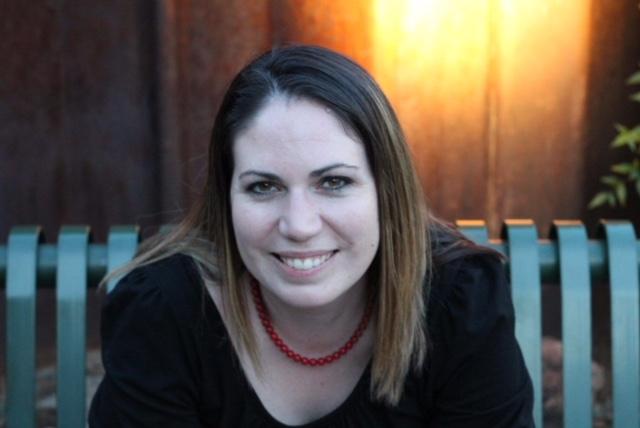
Bonni Goodwin, a recent recipient of the Oklahoma NASW’s Emerging Leader in Social Work award, stumbled upon a passion she is now pursuing in the form of a PhD through the Garland School of Social Work (GSSW). Goodwin studied Family and Human Services at John Brown University, received her MSW at Washburn University and now holds a position in the Center for Child Welfare Training and Simulation at the University of Oklahoma while she completes her PhD in social work. While working with an adoption agency in Kansas for her MSW generalist practicum, Goodwin’s eyes were opened to the world of adoption and foster care.
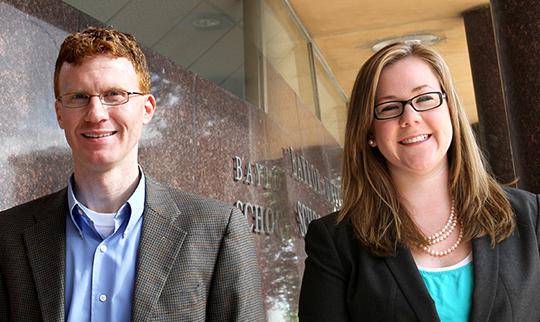
The Spencer Foundation recently awarded Baylor University’s Diana R. Garland School of Social Work (GSSW) a $50,000 grant to study if and how accredited Master of Social Work (MSW) programs incorporate curricula around religion and spirituality (RS) into social work education as well as assessing faculty views around the topic and how universities’ religious affiliations impact MSW education.
Assistant Professor Dr. Edward C. Polson and Associate Dean for Research and Faculty Development Holly K. Oxhandler are co-principal investigators for the study, entitled “Graduate Social Work Faculty Views on Preparing Students to Ethically Integrate Clients’ Religion/Spirituality in Practice: A National Survey”.
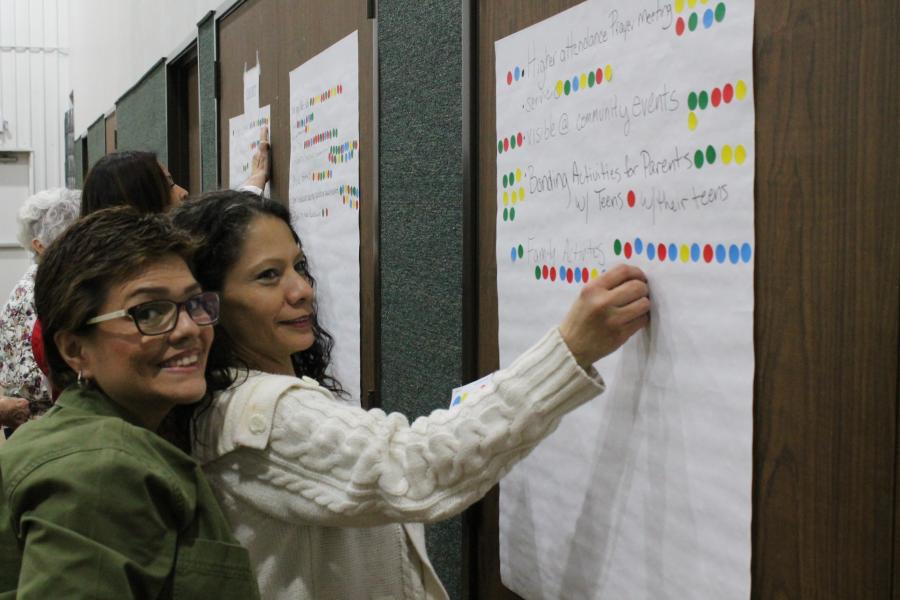
Formerly known as the Center for Family and Community Ministries, the Center for Church and Community Impact (C3I) seeks to strengthen congregations and other religious organizations by providing hands-on training and relevant research. C3I, like the Garland School of Social Work (GSSW) as a whole, believes in the importance of integrating social work and faith in order to foster collaboration and holistic care for others.
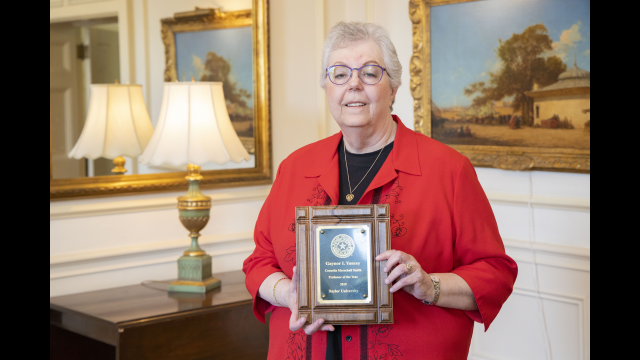
Gaynor I. Yancey, D.S.W., professor of social work, Master Teacher and director of the Center for Church and Community Impact at Baylor University’s Diana R. Garland School of Social Work, was honored April 12 during the annual Academic Honors Convocation as the 2019 Cornelia Marschall Smith Professor of the Year.
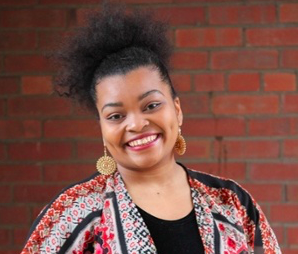
Joyelle is currently pursuing her Master of Social Work degree through the Garland School of Social Work, at our Houston campus. We sat down with Joyelle to ask her about her decision to pursue a career in social work, her experience in the program thus far, and her hopes and goals for the future.
Read this inspiring story about a young woman who has big plans to serve others.
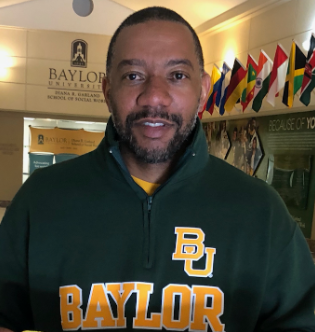
Did you know that 43.8 million adults experience some form of mental illness in a given year? Within that 43.8 million, nearly 1 in 25 adults (roughly 10 million) are living with a severe mental illness.
Social workers are in a unique position to offer hope and healing to those suffering from mental illness. Read on to learn about the need for experienced and competent mental health social workers and how a master’s in social work degree best prepares these professionals to meet the need of this growing population.
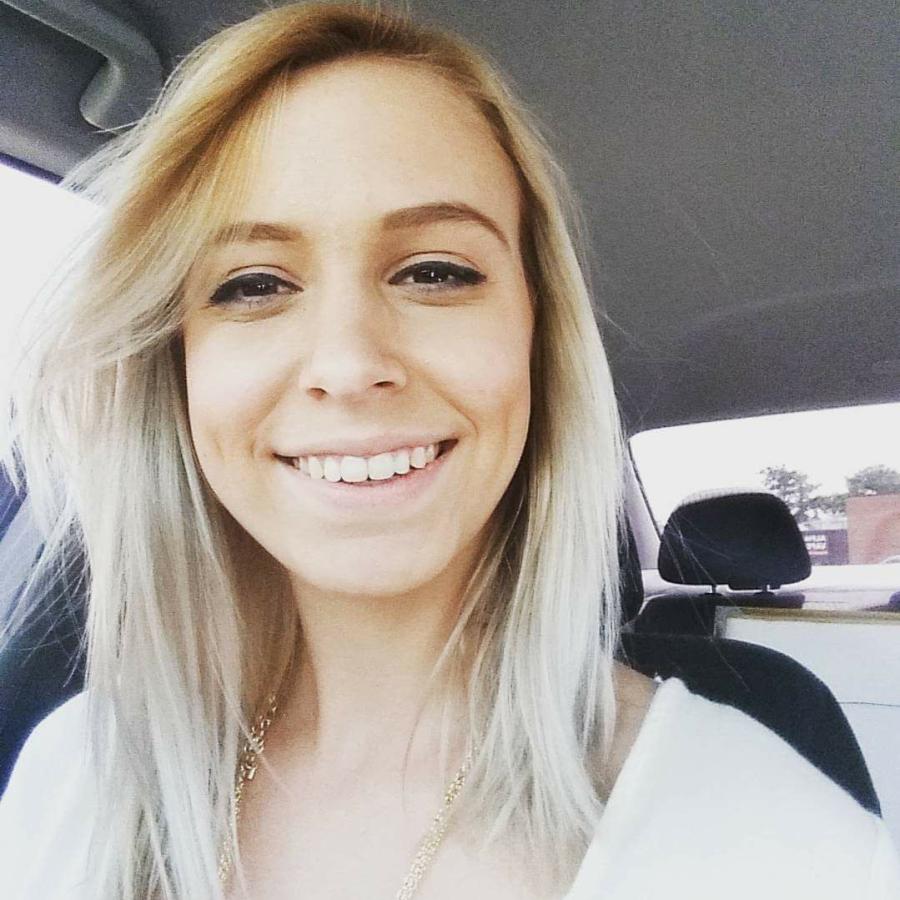
“The SERVE Project resonated with my core values that include uplifting and empowering women in our society to become the best versions on themselves. I am passionate about being an advocate and giving a voice to women and girls who might not otherwise have one.”
MSW student Sarah Burwell is a research assistant for the SERVE Project, a grant which seeks to Support, Encourage, Respect, Value, and Empower women and girls. The SERVE project is dedicated to learning how to best serve women and children who have undergone traumatic events.
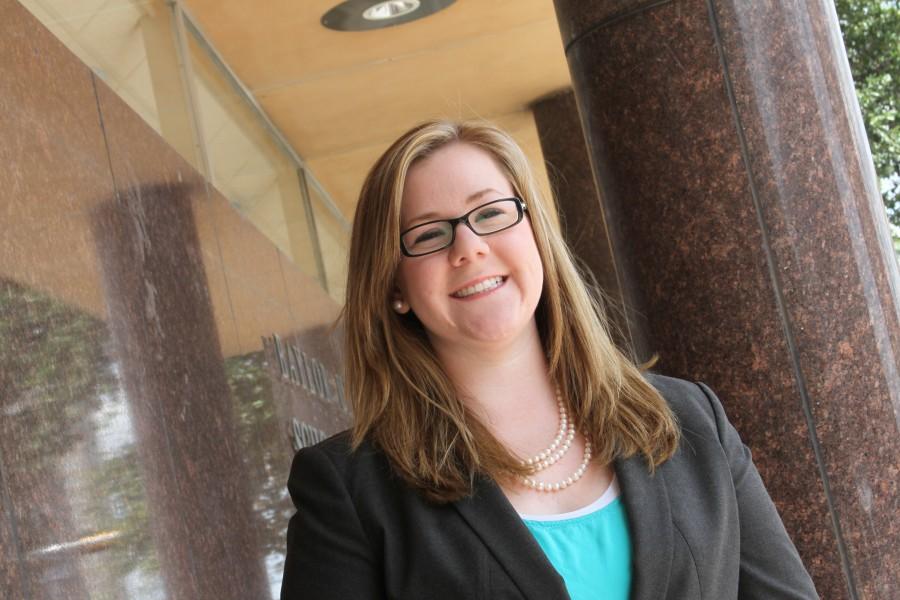
Podcasting … a seemingly vast and overwhelming realm of possibilities. Any topic one might be interested in is probably available via a podcast, from politics to polar ice caps and everything in between … including mental health. Podcasting is a valuable tool in the mental health care arsenal. Podcasts provide educational opportunities for both those experiencing mental health issues and those wanting to learn more about how to help people cope with and thrive through those issues.
To that end, our own Dr. Holly Oxhandler, associate dean of research at the Garland School of Social Work, is now co-hosting “CXMH: A Podcast on Faith and Mental Health”. According to its creator, Robert Vore, CXMH is at the intersection of faith and mental health, bringing Christian leaders and mental health professionals together for “honest conversations”.
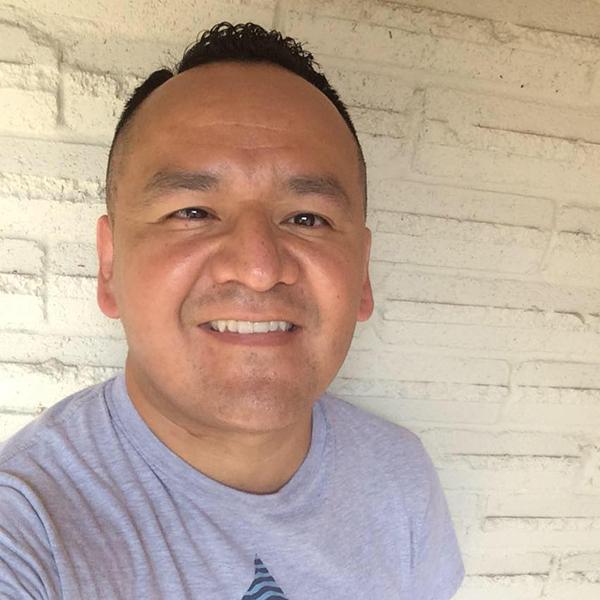
“Therefore, as you received Christ Jesus the Lord, so walk in him.” (Col. 2:6) While everyone’s walk with the Lord is different, Dr. Louis Gomez, MSW ’08, has found his calling by serving vulnerable populations.
This year, Gomez was named the chair of the Board of Advocates (BOA) at the Garland School of Social Work (GSSW) after being a loyal member for several years. Before joining the BOA, he was a part of the Houston Master of Social Work Committee, helping the GSSW open its second campus.
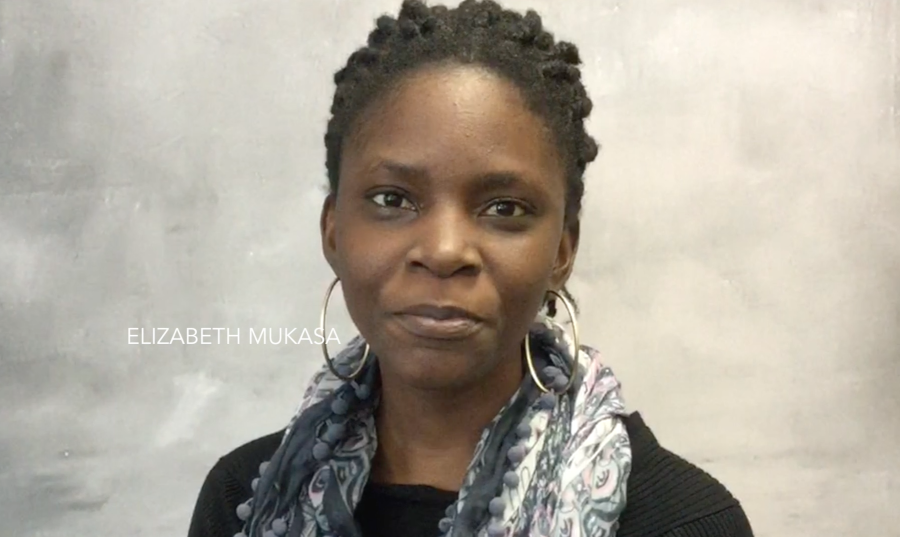
Whether working with the refugee community in Kampala, Uganda, interviewing vulnerable youth in Western Africa, or beginning her master’s degree at the Garland School of Social Work in Waco, Texas, Elizabeth Mukasa stated that faith has been the driving force in her desire to know and help others.
“Faith is the only reason,” Elizabeth explained. “[My mindset is] just following what Jesus did, whether I’m a social worker or not. I mean, he spoke against injustice, and I don’t think I can be a Christian and look at injustice happening. He fed the poor. I cannot see my neighbor being hungry and not look for ways to help them. So, my faith is part of it. It’s not a profession for me; it’s how I live out my faith.”